Find out more about our researchers and the work they are doing.
Core staff
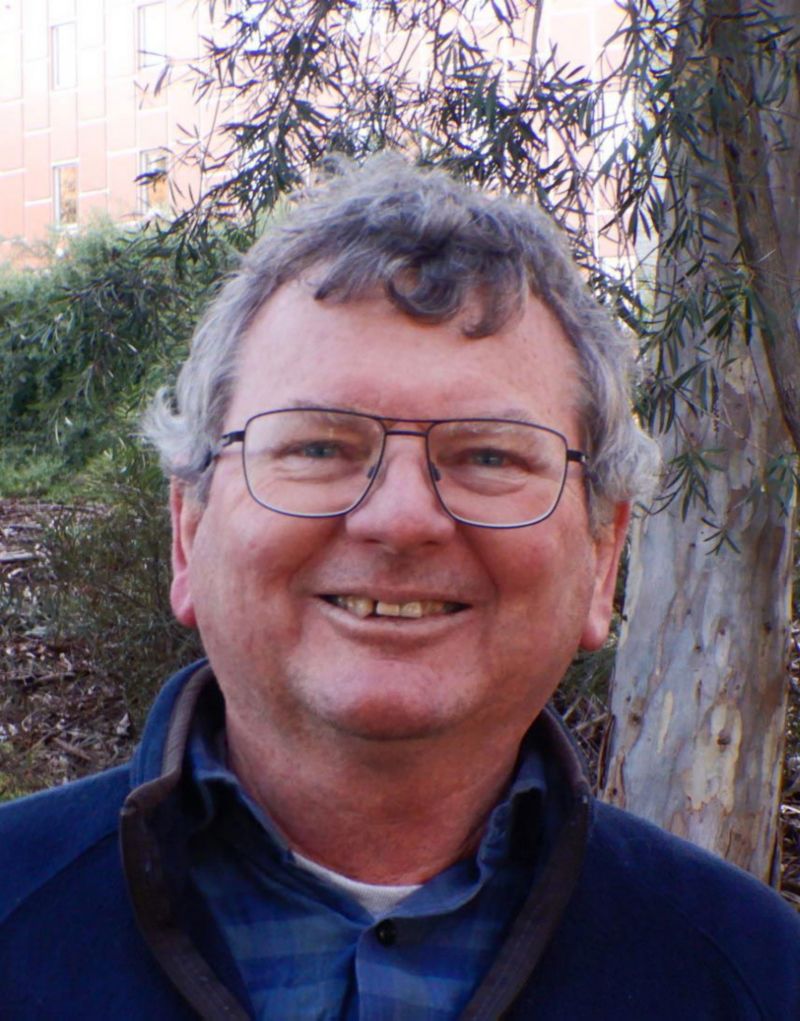
Professor Vincent Pettigrove - Head of AQUEST
Vin is currently on secondment to RMIT Europe in Barcelona.
I am the Leader of AQUEST (the Aquatic Environmental Stress Research Group) at RMIT University. My primary research interests are to understand and address the impacts of aquatic pollution on aquatic ecosystems. Other research interests include freshwater sediment toxicity, exotic fish management, pesticide pollution, endocrine-disrupting chemicals, macroinvertebrates, and the use of fish and other biota as indicators of sediment pollution. I have designed and conducted a broad range of biological and water quality research and monitoring programs that help catchment management authorities, water authorities and environmental regulators identify the priority issues impacting aquatic ecosystems. I have produced over 140 published journal articles and peer-reviewed conference papers. I was the Chief Executive Officer at the Centre for Aquatic Pollution Identification and Management (CAPIM) at the University of Melbourne from 2010 to 2018 and have over 40 years of experience working with and within government agencies assessing freshwater aquatic ecosystems and understanding the impact of pollution on these systems.
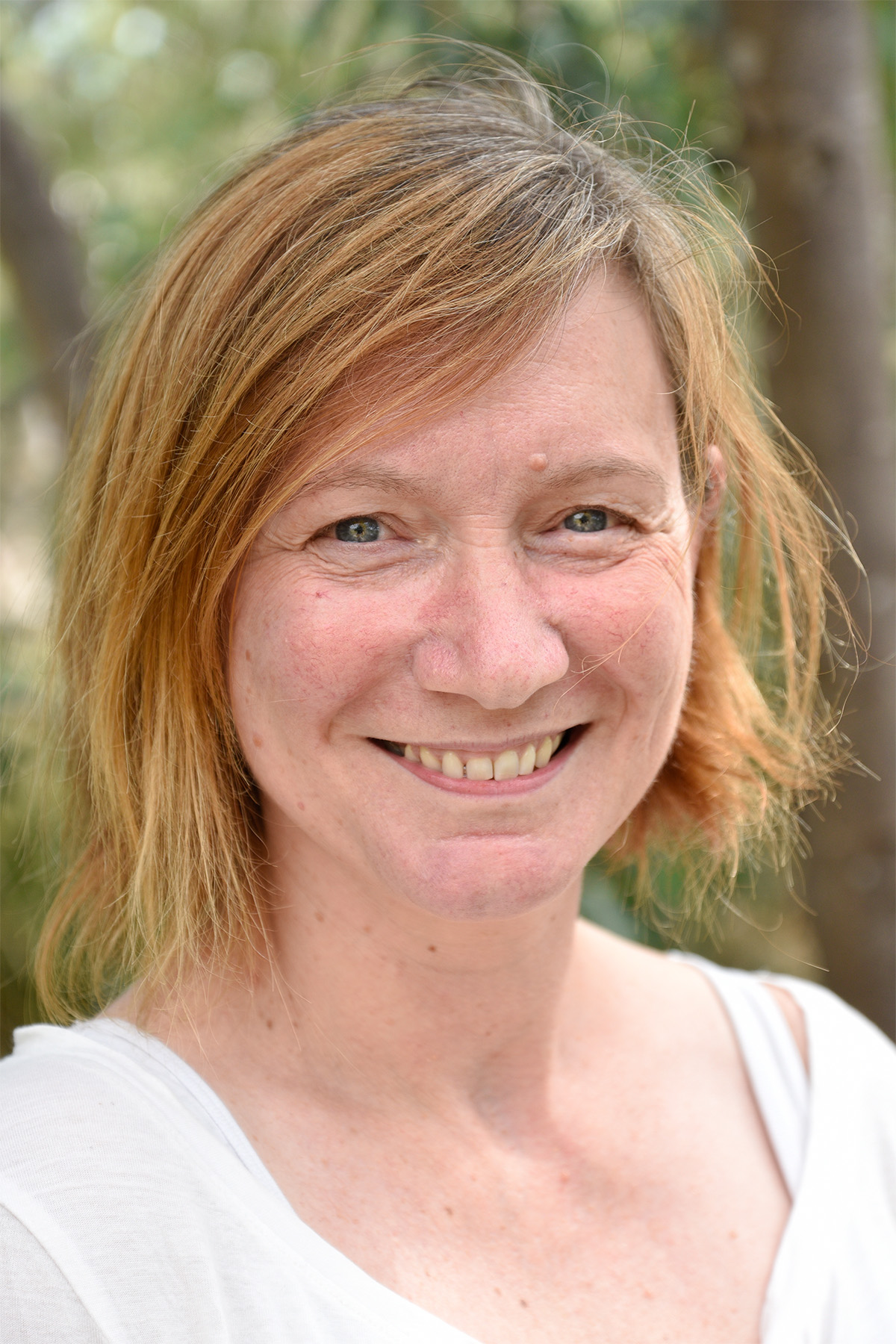
Dr Sara Long - Senior Research Fellow
Dr Sara Long is currently our interim Head of AQUEST A3P
After completing my PhD at RMIT on the effects of crude oil on marine invertebrates, I worked as an ecotoxicologist at the Centre for Ecology and Hydrology (CEH) at Monks Wood, UK. Here I investigated the effects of exposure patterns (acute, chronic, intermittent) of pesticides and industrial contaminants on detoxification responses in terrestrial animals. I was also involved in a European Union-funded framework 6 project assessing risk of chemicals on biodiversity. I managed a collaborative project between CEH and the University of Cambridge developing small metabolite biomarkers of pesticide exposure using novel metabolomics techniques. I returned to Australia in 2009 and worked at the University of Melbourne/CAPIM between then and July 2018. I started working at the Aquatic Environmental Stress (AQUEST) research group in September 2018. My main focus has been developing methods to measure and understand biological effects of environmental stressors in local Australian species that can be used in biomonitoring programs to assess the condition of waterways. I have co-supervised two PhD students to completion, three Master’s students and one graduate diploma student. I am currently co-supervising three PhD students. My research interests are in understanding how environmental stressors (chemical as well as natural) are toxic to organisms. I use a range of techniques to get a better understanding of the mechanisms of toxicity such as metabolomics and enzyme assays as well as measures of fitness, such as growth, reproduction and fecundity. I am also interested in linking early warning biomarker responses in individual organisms to higher level ecological effects such as community responses.
- Scopus ID 15050489600
- ORCID
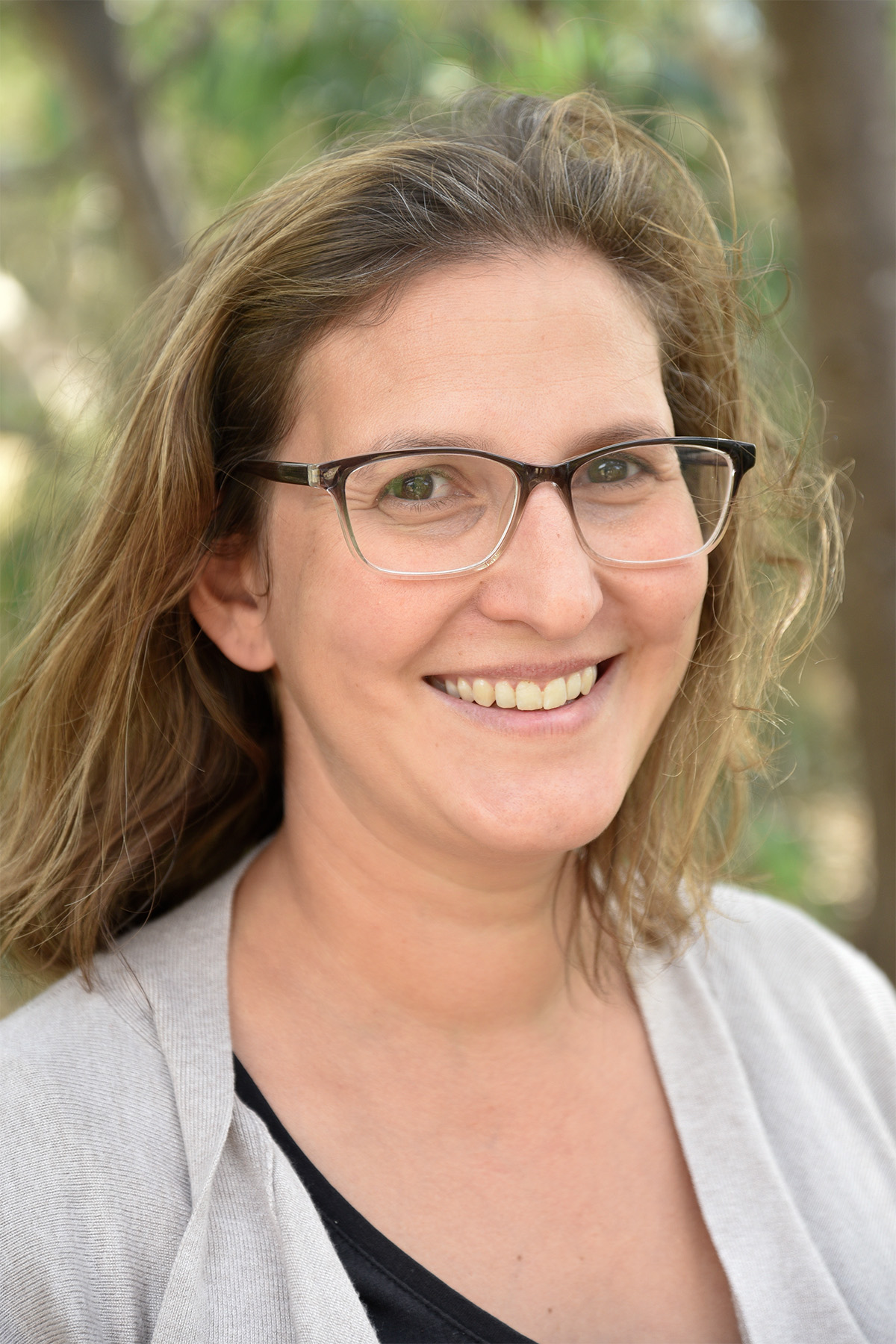
Dr Claudette Kellar - Senior Research Fellow
I completed my undergraduate degree in biological science and completed an honours degree in invertebrate ecology at Deakin University in 1999. In 2004, I completed my PhD thesis at Monash University investigating macroinvertebrate assemblages in temporary ponds. I was previously a research fellow at CAPIM, the University of Melbourne working in the freshwater aquatic pollution and prevention area. I have over 15 years’ experience in freshwater ecology and am experienced at designing, sampling, identifying invertebrates, statistically analysing data and writing publications/reports. I began working at Aquatic Environmental Stress (AQUEST) Research Group, RMIT University in 2019. I am currently a senior research fellow and manage a number of projects, including the Aquatic Pollution Prevention Partnership (A3P) projects, that investigate the effects of pollution on freshwater systems and deliver cost effective tools for waterway managers. I have co-supervised a number of masters students and am currently co-supervising two PhD students. My main research focus is to describe the impact of pollutants on aquatic macroinvertebrates and to combine chemistry and biology to identify causes of ecosystem stress using a multiple lines of evidence approach. Other areas of research include macroinvertebrate community structure and ecology, effects of environmental stressors on different levels of biological organisation, environmental impacts and assessment.
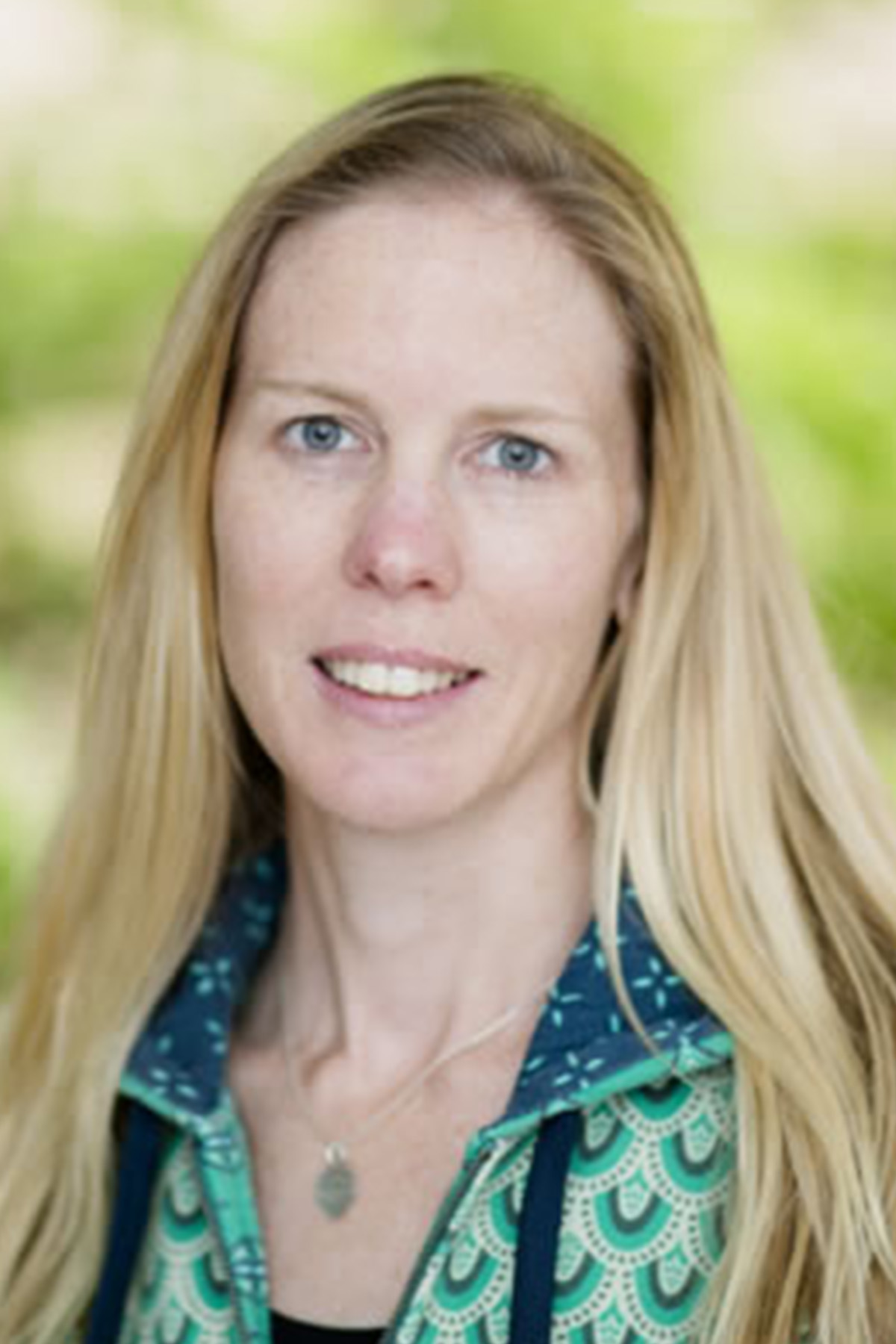
Dr Jackie Myers - Senior Research Fellow
I completed my undergraduate degree in marine and freshwater science and an honours degree in aquatic ecotoxicology at Deakin University in 2002. In 2008 I was awarded my PhD in aquatic toxicology/algal physiology at Monash University. I am an Aquatic Ecotoxicologist with over 17 years’ experience in this field. My research interests are focused around marine and freshwater ecotoxicology, particularly on understanding how human-induced stressors affect flora and fauna in aquatic environments. Since completing my PhD I have worked with industry, government and research organisations in Australia, Japan and New Zealand on various projects using aquatic plants and algae, invertebrates and fish to assess acute and chronic effects of environmental and anthropogenic stressors such as pesticides, nutrients, algal toxins and general water quality parameters in multiple lines of evidence approaches to understand pollution issues in marine, estuarine and freshwater environments. I joined RMIT in 2018 as a senior research scientist with the Aquatic Environmental Stress Research group (AQUEST) and Aquatic Pollution Prevention Partnership (A3P). Current projects I am involved in evolve around chemical use, litter, citizen science and environmental assessment.

Dr Erica Odell - Research Fellow
I am an ecologist with diverse experience in both fundamental and applied research, project management, data analysis and consulting. I received my doctorate in 2018 from Griffith University where I harnessed natural experimental gradients to better understand the dynamics of invertebrates and plants in tropical and subtropical rainforests. I have had the fortune of conducting research on the canopy crane network at the Xishuangbanna Tropical Botanic Gardens Research Station (China) and the Daintree Rainforest Observatory (Far North Queensland) and have even briefly worked on a BBC nature documentary in Borneo with comedian and Honorary Doctor Bill Bailey.
My research with AQUEST focuses on understanding (1) the impact of treated and untreated wastewaters on inland waterways (2) PFAS signatures in surface waters and their sources to Port Philip Bay, (3) reducing the impact of urban pesticide use, and (4) the health of estuaries and bays across Melbourne
I also manage a long-term sediment quality monitoring program focused on tracking the condition of sediments in Melbourne’s five major catchments from Phillip Island all the way across to Werribee. Outcomes from my research with AQUEST have directly contributed to enhancing environmental protection policies, optimising pollution management strategies, and achieving impactful outcomes for government and industry partners.
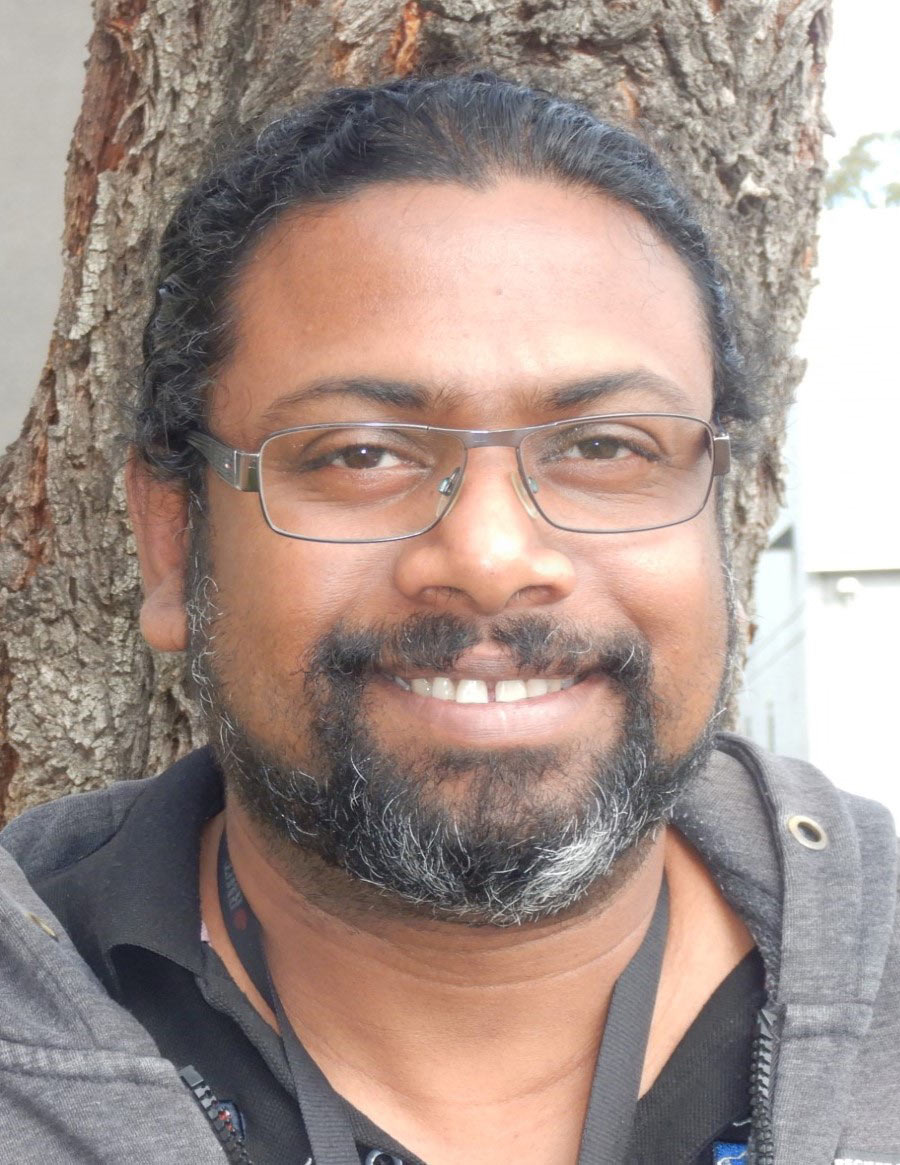
Dr Milanga Walpitagama – Research Fellow
I am a research scientist with a PhD in Environmental science and Environmental toxicology titled “Neurobehavioural and Mechanistic Sub-lethal Studies in Aquatic Toxicology on Potential Micro-pollutants” and centred on developing a behavioural analysis procedure; automating the experimental method towards a high throughput data analysis protocol; and establishing the toxicity of 3D printing polymer leachates. I have worked with multiple aquatic organisms on toxicology testing and environmental impact. I worked with different methods and pathways such as cellular apoptosis, enzymatic pathways and oxidative stress that could lead to adverse effects on aquatic organisms for instance; developmental, behavioural and neuro muscular defects. I have over 10 years of experience leveraging my background in environmental science and biology for scientific research and training, most recently as a researcher with Aquatic Environmental Stress Research Group (AQUEST) at RMIT University. In my current work place I have worked in partnership with various internal and external collaborators, and I have worked in multiple areas such as field sampling, aquatic culture maintenance, project development, toxicology testing, and data analysis and reporting. I am an off-road enthusiast, mountaineer, and tracker. Also, I enjoy spending my free time attending to my multiple fish tanks as a domestic aquarist (Aquarium hobbyist).
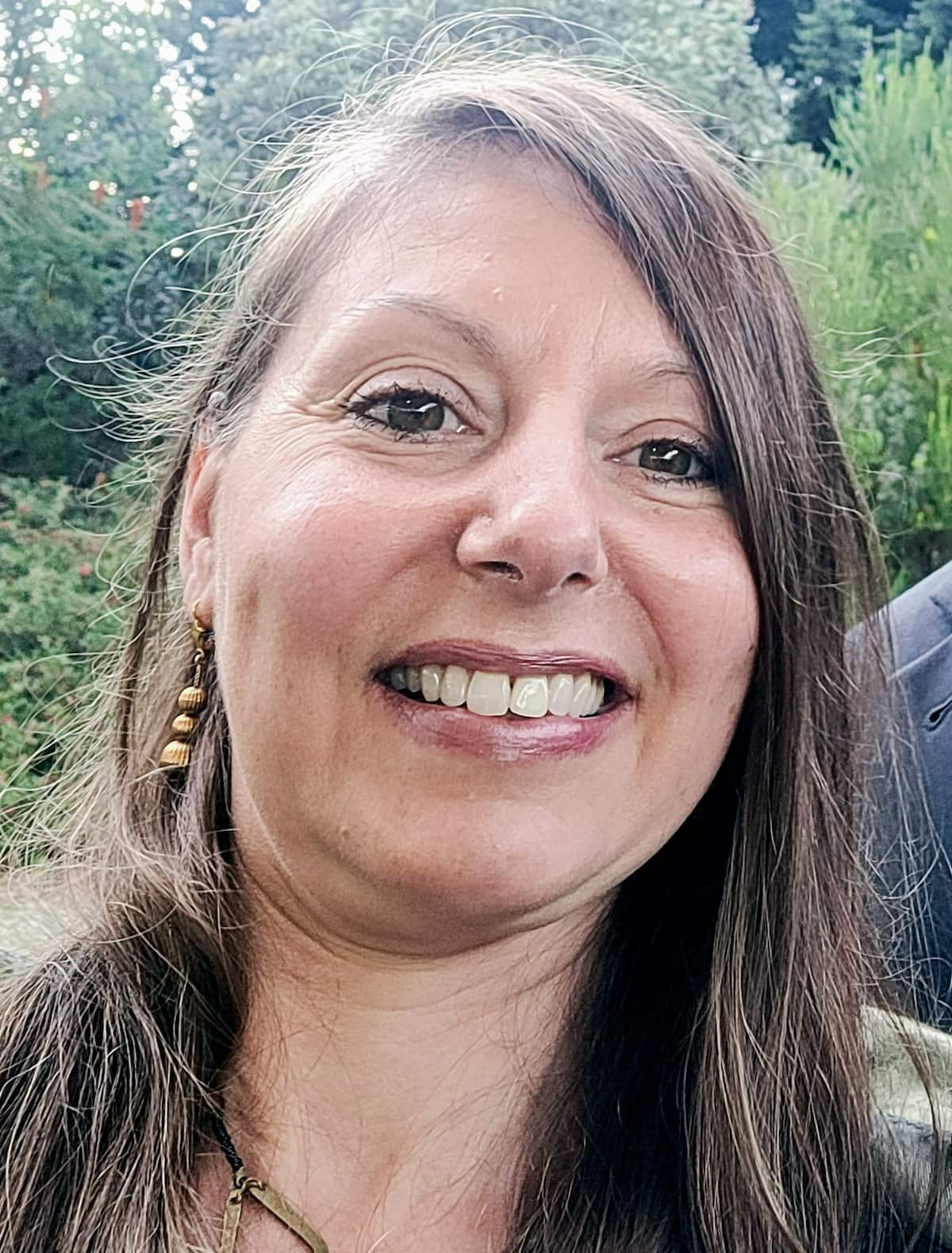
Monica Tewman - Senior Co-ordinator, Knowledge and Communications (Knowledge Broker)
I'm the Senior Co-ordinator, Knowledge and Communications for AQUEST at RMIT University, with a background in Aquatic Science from Monash University (BSc Hons, 2003). With 20 years in the water industry, including 13 years at Melbourne Water, I've led programs on river health and water quality, highlights being the fishways program and a long-term effectiveness study of management interventions. I joined AQUEST in 2019, focusing on applying science to improve river health. Involved in most AQUEST projects and the management of the Aquatic Pollution Prevention Partnership (A3P) I also focus on community projects including PPB Unseen threats. On weekends, I enjoy scuba diving around Port Phillip and Western Port Bays.
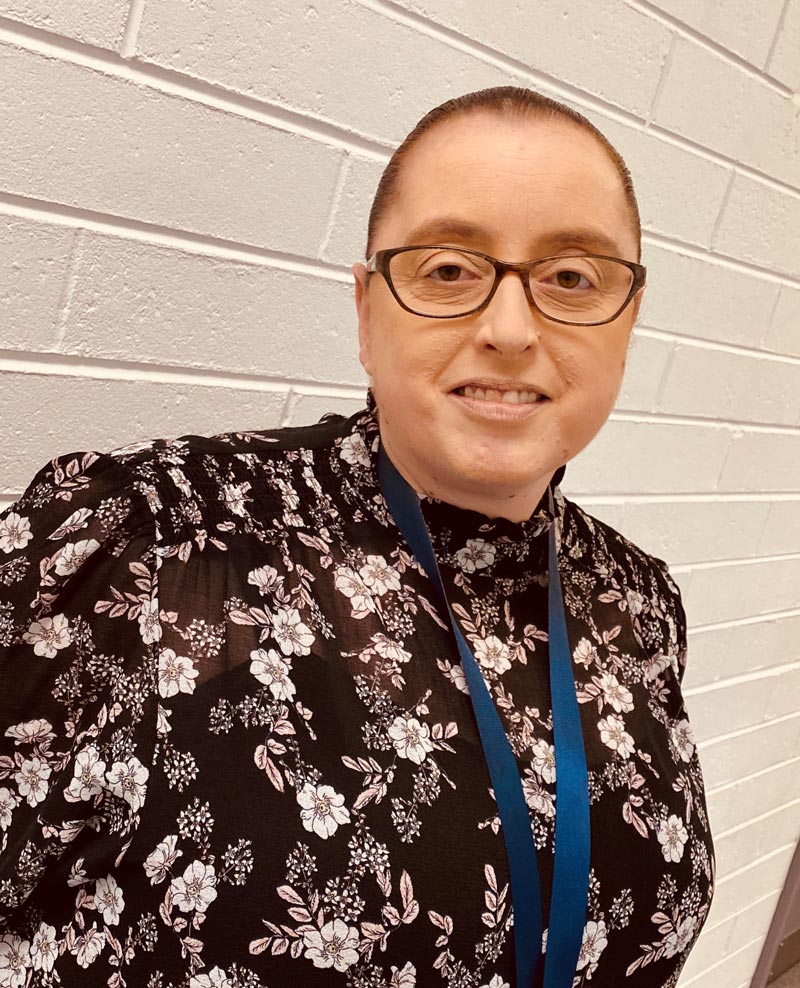
Mardi O’Donnell- Senior Research Administrative Assistant
I've been with RMIT University for 14 years in administrative roles in the capacity of administrative co-ordinator, personal and executive assistance. I joined to support the AQUEST research group when it moved to RMIT in May 2018, supporting the group with finance, contracts, and secretarial services. Outside of work Mardi enjoys getting involved in the music, live entertainment, and promotions scene.
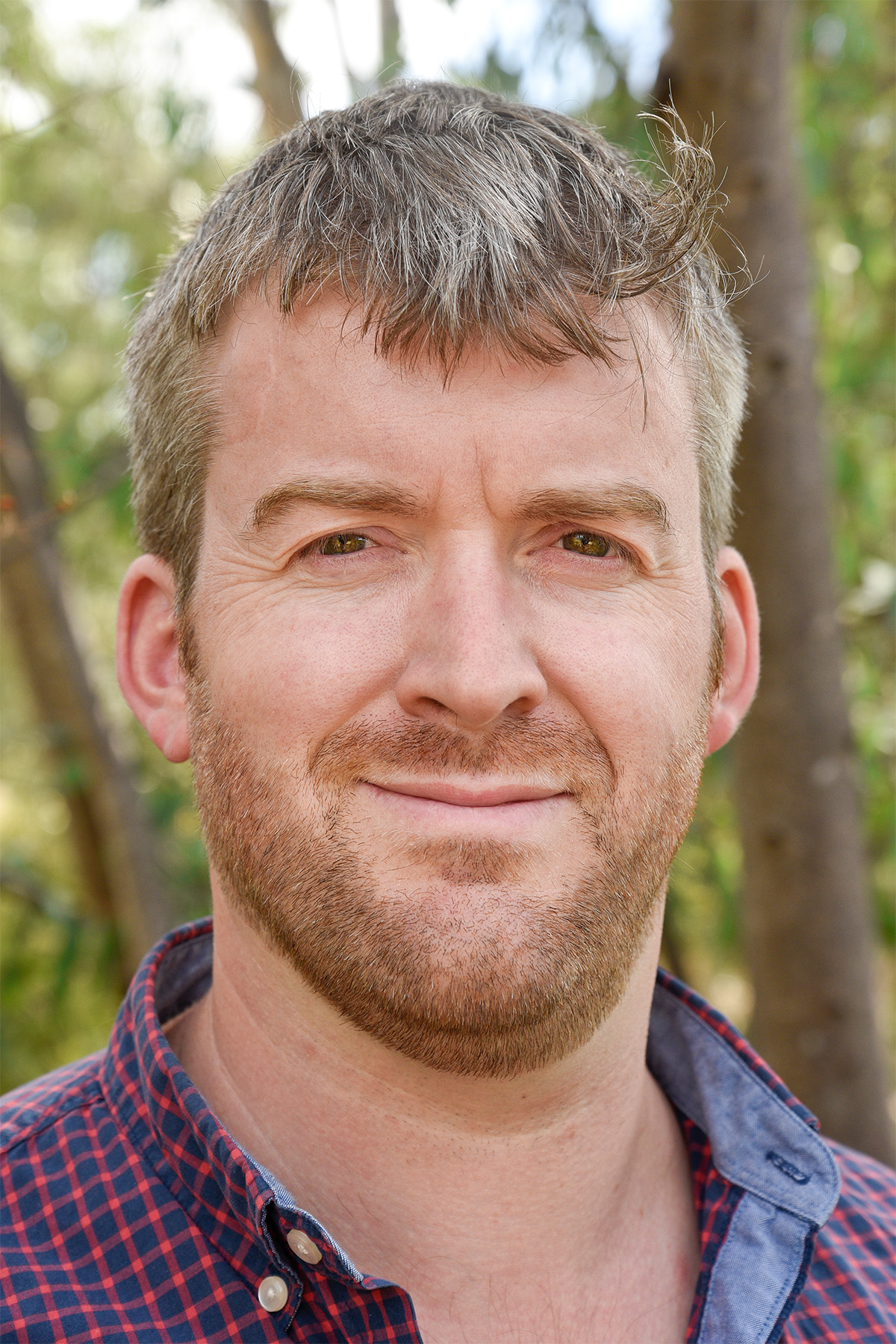
Daniel MacMahon - Technical Co-ordinator
I obtained my Bachelor of Science from La Trobe University in 2005. Following this I worked as an inorganic chemist at an environmental laboratory for four years; gaining considerable experience in water and soil testing. I joined the CAPIM team in October 2009 and have since gained valuable experience working on a broad range of aquatic research and management projects. Moving with the team to RMIT in August 2018, under the banner of AQUEST I manage the technical team and co-ordinate field work for the group and oversee Health and Safety. My areas of interest include:
- connecting land use and geo-spatial trends to pollution profiles
- managing data and our databases to enable accessibility and comparability for strong research outcomes
- developing and testing novel passive samplers for use by AQUEST and its industry partners
- implementing stormwater monitoring programs to source pollutions hotspots for Melbourne Water and councils, engaging and problem solving with key industry stakeholders .
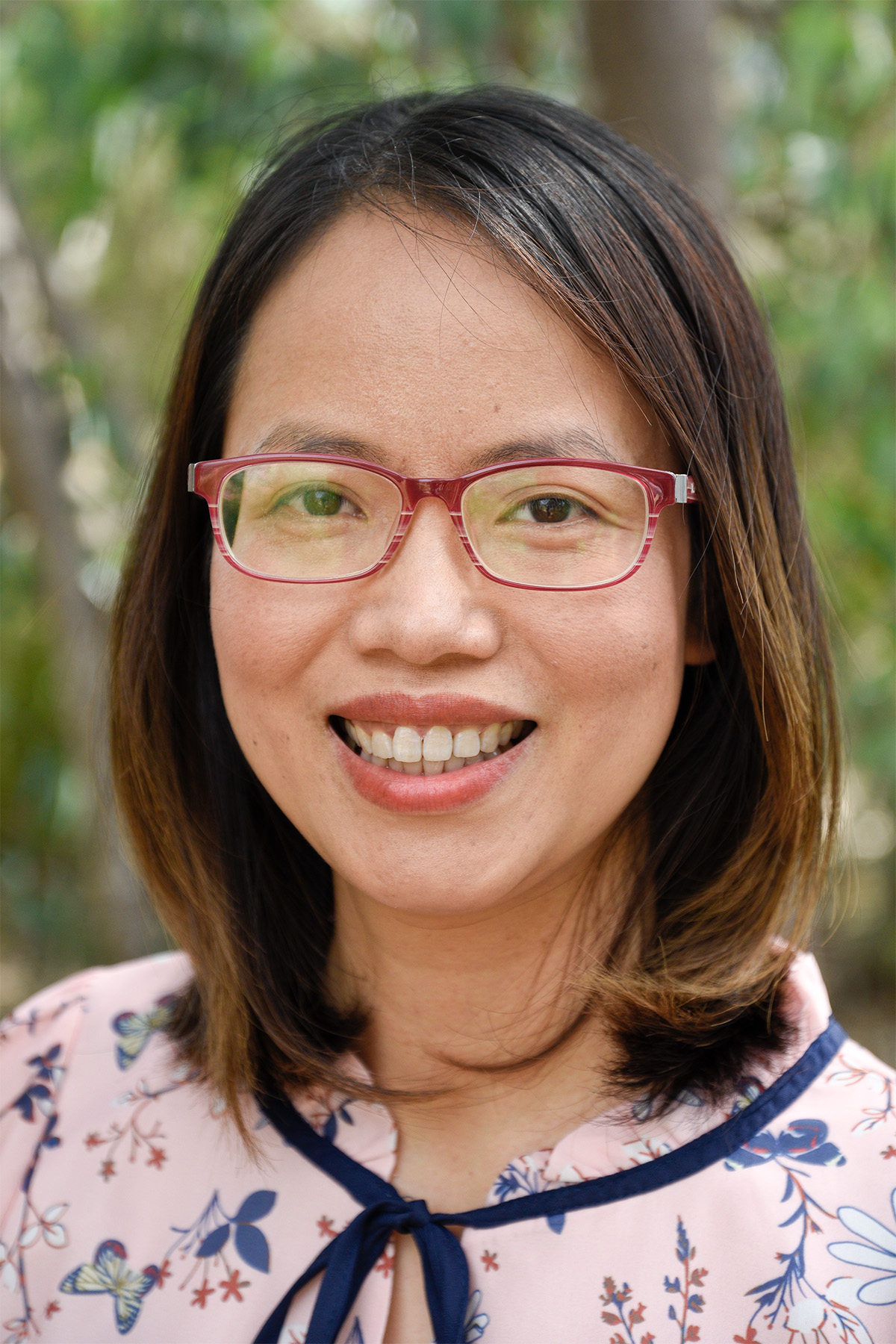
Dr Hung Vu - Aquatic Ecotoxicoligist
I completed my master's degree in Environmental Toxicology at Clemson University, United States (2009), looking at the toxicity of pulsed copper exposures to Daphnia magna. I obtained my PhD from The University of Melbourne in August 2017. My PhD research focused on the impacts of single and mixtures of fungicides on crustaceans and organic matter breakdown in aquatic ecosystems using a variety of laboratory and field methods. My position in the AQUEST research group is to manage the ecotoxicology laboratory. We have a variety of established and developing macroinvertebrate and macrophyte (flora and fauna) toxicity tests which can be run for variable time frames and translocated to the field. Our lab develops and applies purpose-specific passive sampler technology to detect waterway pollution. My interest lies in developing standard toxicology bioassays and biomarkers to assess pollution effects on aquatic organisms.
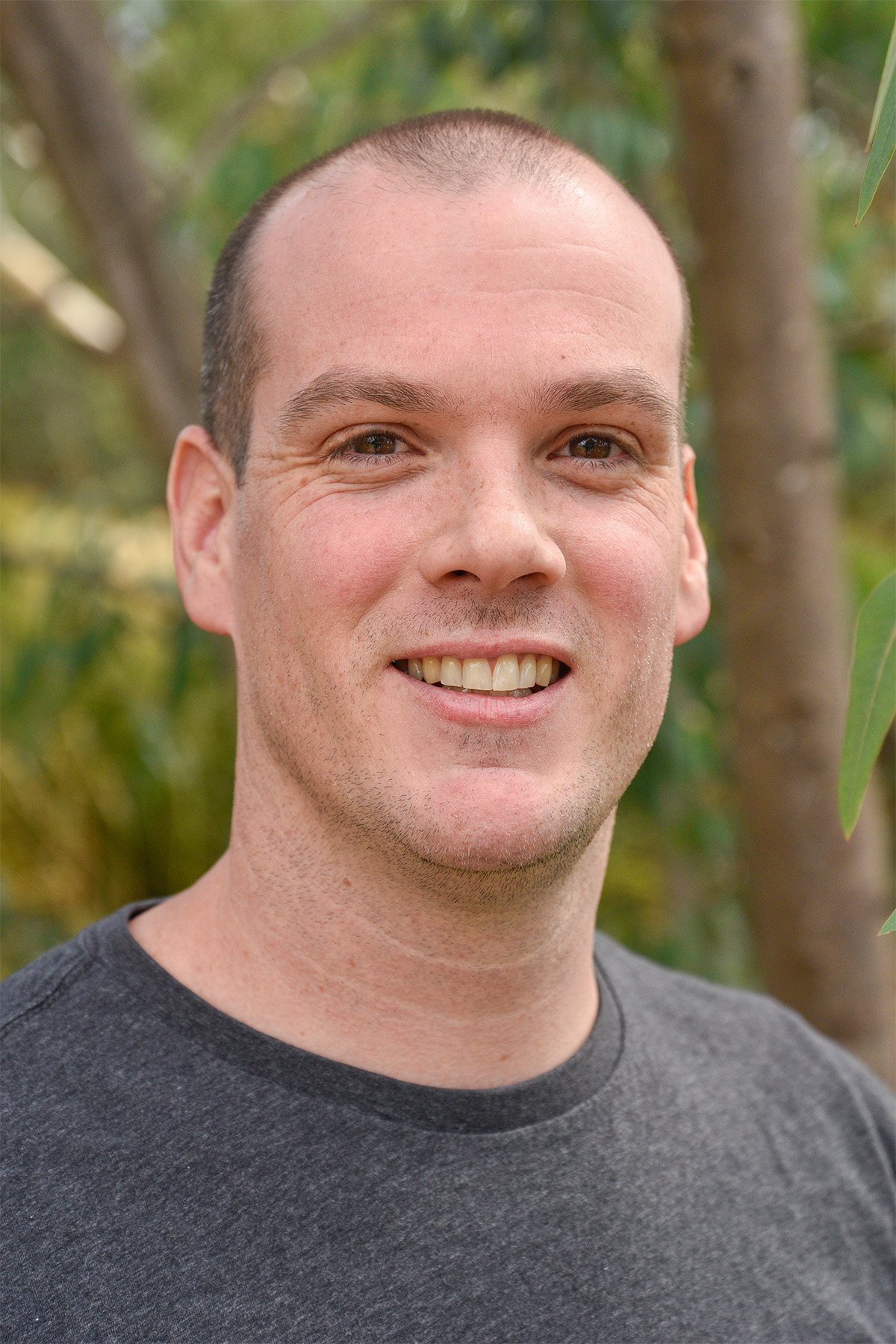
James Oliver - Aquatic Research Facility Technical Officer
I completed my double degree BSc (Fisheries Management and Aquaculture) BCom (Business Management) in 2004 at Deakin University, Warrnambool. I have been employed at RMIT University since 2008 as an Aquatic Research Facility Manager working within Technical Services supporting environmental researchers in the STEM College. I have provided technical support to the Aquatic Environmental Stress Research Group (AQUEST) and Aquatic Pollution Prevention Partnership (A3P) since they joined RMIT in 2018. I provide maintenance to the groups live invertebrate cultures, support laboratory and fieldwork activities and ensure RMIT facilities are maintained to promote research outcomes.
My areas of interest are in marine biology, aquaculture systems and aquarium fish keeping, I have kept and bred aquarium fish at a hobby level for many years selling to local aquariums.
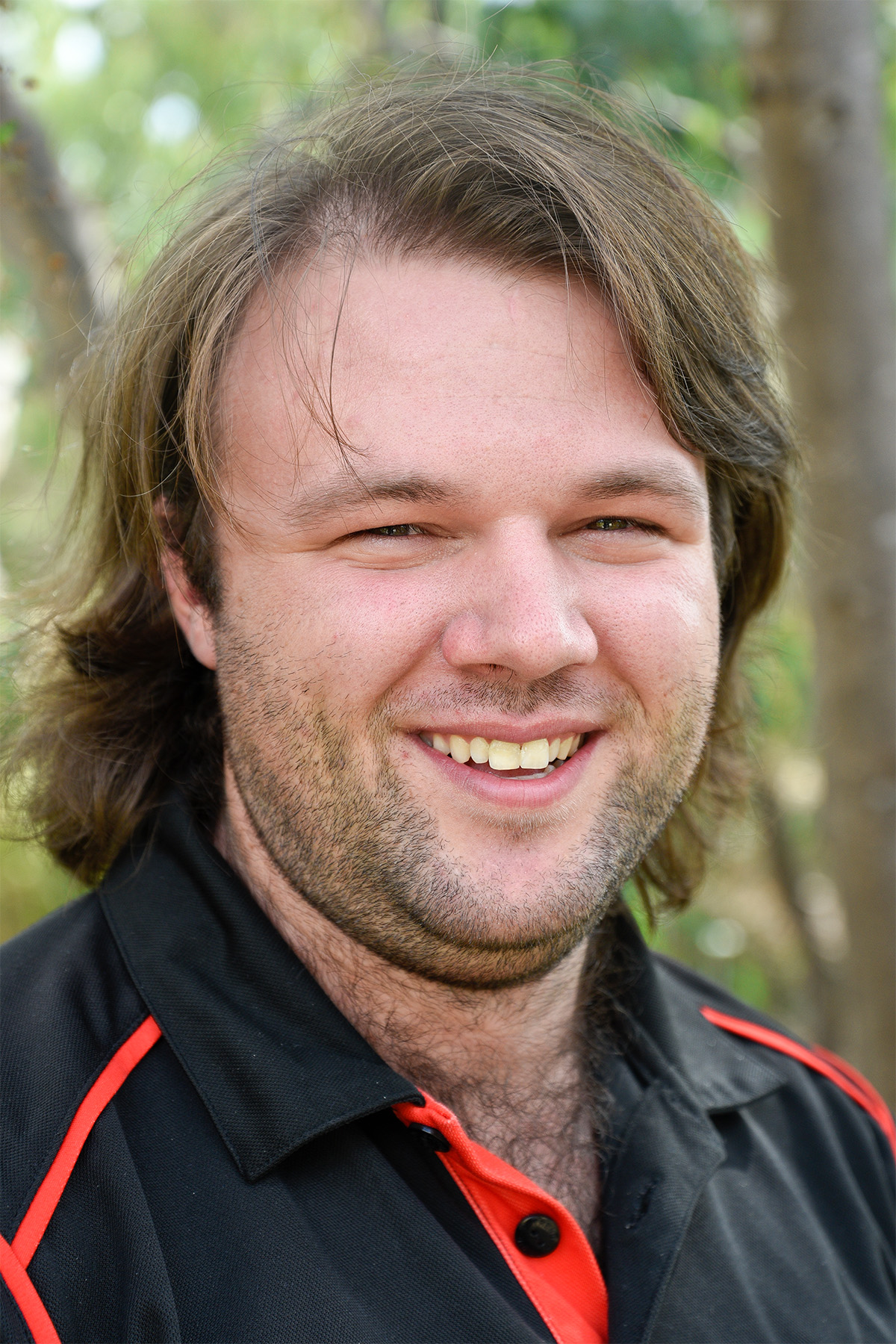
Michael Clark - Technical Officer
I obtained my BSc in Applied Science from RMIT University through OUA in 2016 and completed honours in ecotoxicology at RMIT in 2017, where I focused on the effects of three commercial insecticide formulations and the mixtures thereof on two native freshwater crustacean species. I joined AQUEST in February 2019 where my main focus is in the analysis of freshwater macroinvertebrate samples, building on skills learnt during my over 10 years’ experience as a volunteer with the WaterWatch citizen science program, performing water quality monitoring of freshwater ecosystems. Since joining AQUEST, I have been involved and gained experience in a range of aquatic research and management projects. My main areas of interest are in understanding the effects of pollutants on macroinvertebrate populations and communities, and in increasing the range of standard Australian native species used for standard toxicology bioassays.
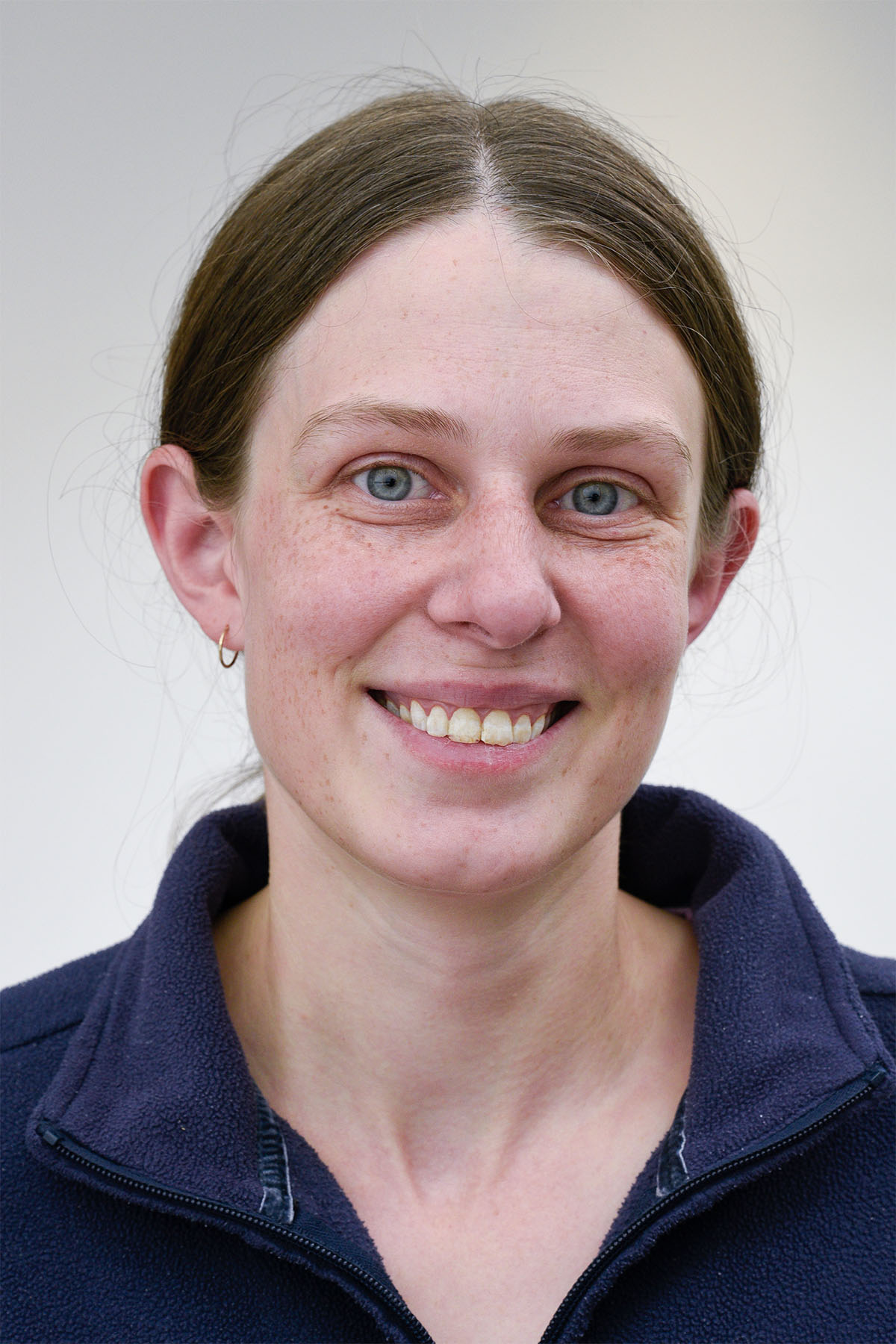
Rebecca Reid - Technical Officer
I obtained my Bachelor in Animal and Veterinary BioSciences from LaTrobe University in mid 2009, and joined CAPIM later the same year. There I was responsible for maintenance of the chironomid, amphipod and snail cultures for use in the sediment toxicity work in the laboratory, as well as field deployment of some of these animals. I gained a large volume of knowledge on the life history traits and required culture and experiment conditions for these animals. As well as managing the running of the toxicity tests, collecting the data, and processing the samples at the end of a test in the lab. I was also in charge of placing orders for all laboratory consumables and ensuring that the lab was always fully stocked. In addition, I helped out with other field or lab work where required. This position has continued since I moved across to AQUEST at RMIT in January 2019.
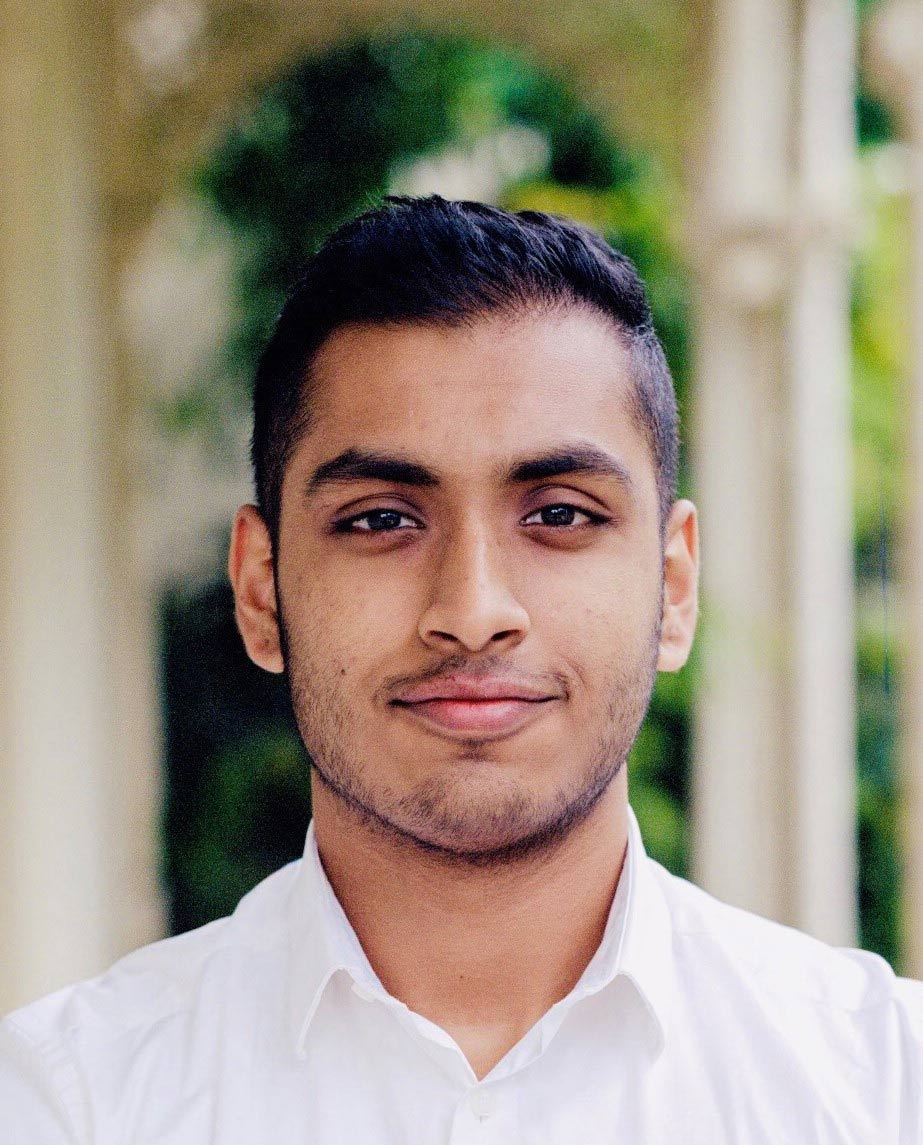
Pulasthi Serasinghe – Technical Research Officer
I hold a Bachelor of Science (Hons) in Food Science and Technology from the University of New South Wales, Sydney, earned in 2019. During my four years there, I immersed myself in various fields of biosciences related to food and agriculture. My hands-on experience through several industrial internships allowed me to delve into the regulation and examination of biological and chemical residues in diverse matrices, including food and the environment. This exposure ignited a deep passion for integrating agriculture and environmental sciences, leading me to pursue a PhD. In 2020, I joined the Aquatic Environmental Stress Research Group (AQUEST) and the Aquatic Pollution Prevention Partnership (A3P) under the mentorship of Professors Vincent Pettigrove and Dayanthi Nugegoda. I earned my PhD in Applied Biology and Biotechnology in 2024. My doctoral research focused on identifying and detecting emerging pesticides in non-target aquatic systems. Collaborating with the National Measurement Institute (NMI) Australia, I developed and applied novel sampling and analytical techniques to enhance detection capabilities, aiding the protection of aquatic ecosystems from harmful pesticide impacts.
Currently, I am a research officer within AQUEST at RMIT University, focusing on several projects related to water quality and micropollutant analysis in surface water systems. My primary responsibilities involve developing innovative analytical methods and updating screening approaches to accurately detect and measure novel pollutants that may contaminate water systems and adversely affect non-target aquatic ecosystems. Looking ahead, my long-term career goals include continuing research in environmental water management and protection. I am particularly interested in collaborating with industry partners and Australian government institutions. By working closely on policy and regulation, I aim to contribute to the management of novel chemicals, especially pesticides, to minimize non-target environmental exposure at its source.
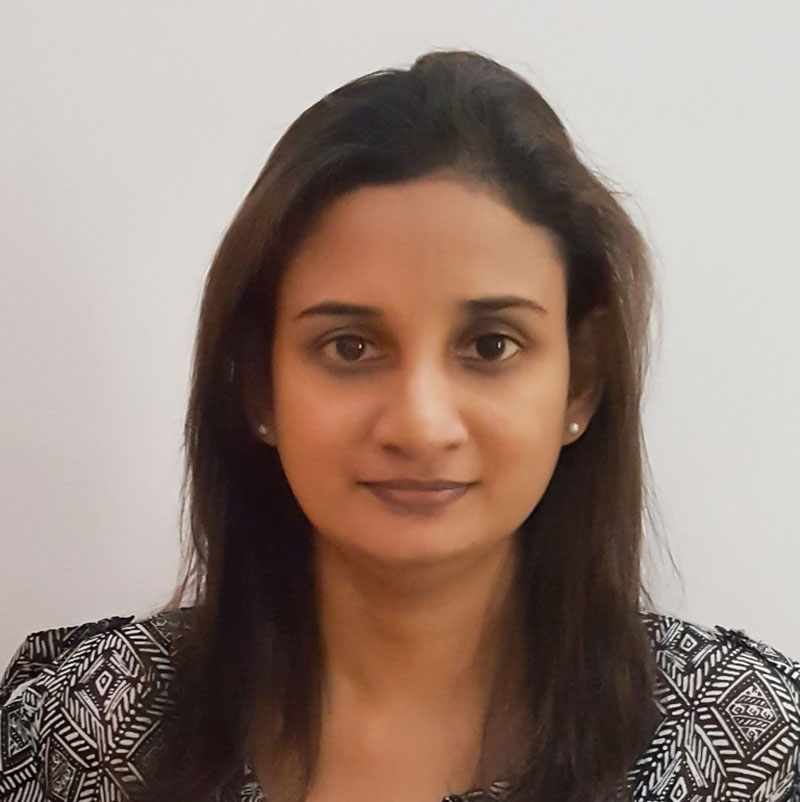
Madara Ranatunga – Technical Officer
Having completed my PhD with the AQUEST group in 2024, looking at how Bifenthrin (a synthetic pyrethroid pesticide, used for termite control and prevalent in new housing estates) is affecting local urban water bodies and their fauna in particularly the endangered Growling Grass Frogs, Litoria raniformis. I am currently writing up papers pertaining to my research while working at AQUEST. My work has supported improvements to EPA Victoria guidance for termite control: Civil construction, building and demolition guide Publication 1834.1 Guidance Sheet 4: Termite pesticide.
I previously gained a Masters degree in environmental management from Victoria University and a Postgraduate Diploma in Biotechnology from the University of Peradeniya, Sri Lanka. I worked as a project manager for an environmental consultancy firm in Sri Lanka and carried out various Environmental Impact Assessments and environmental related projects. I will continue to pursue my research interests include ecotoxicology, the impact of pesticides on macroinvertebrates and zooplankton and on endangered fauna in Victoria.
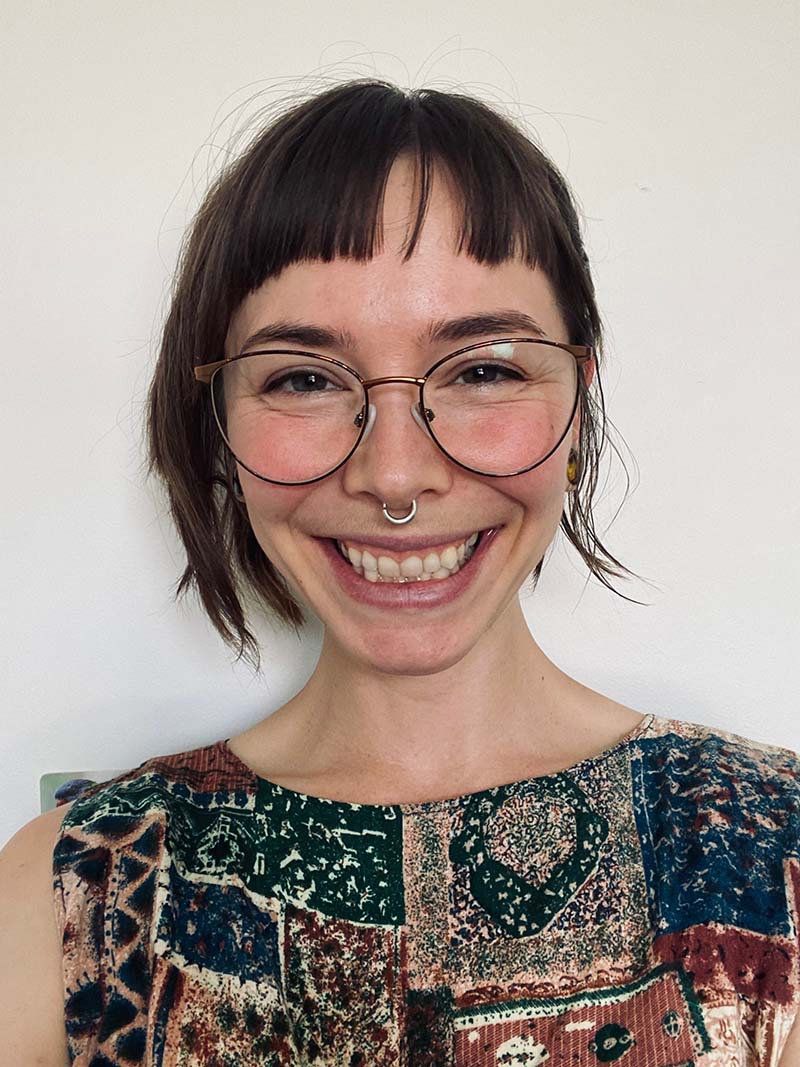
Tanya Paige – PhD Candidate and Technical Officer
I am a PhD student in the AQUEST group at RMIT University in collaboration with the National Measurement Institute (NMI). My project is in the field of analytical and environmental chemistry and involves qualification and quantification of emerging organic contaminants including PFAS and personal care products in aquatic environments using passive samplers, GC- and LC-MS/MS, and GC- and LC-QTOF.
I previously worked as a research assistant for Dr Bradley Clarke with the Persistent Organic Pollutants (POPs) group at RMIT where I worked on analytical method development of halogenated compounds in a range of matrices. I have also completed a Bachelor of Science with Honours (Deans Scholar BH101), majoring in applied chemistry at RMIT. During my honours project, I worked on the synthesis and characterisation of a range of novel catechol-like compounds as potential Alzheimer’s disease treatments.
Student candidates
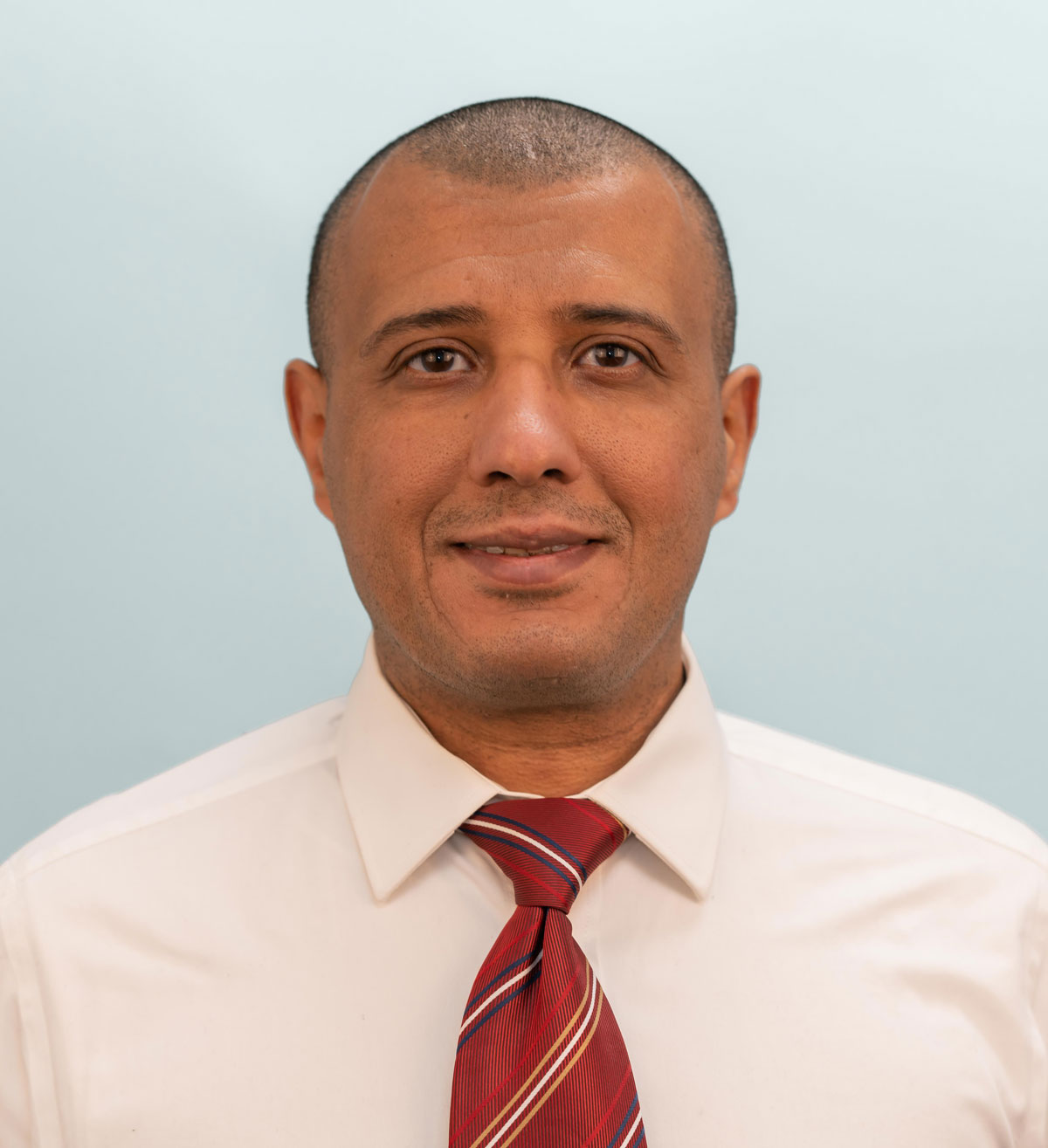
Ayman Abuameen – Masters Candidate
I completed a Biotechnology and Clinical Microbiology Post Graduate Degree at RMIT University in 2020, involving genetics, bioinformatics, microbiology, and immunology. I’m undertaking a Masters project with the AQUEST research group looking at the efficiency of wetlands in reducing micro and macro plastic pollution, supervised by Prof. Vin Pettigrove, Dr. Jackie Myers, and Dr. Kathryn Hassell. My key research interests lie in genetics and the environment.
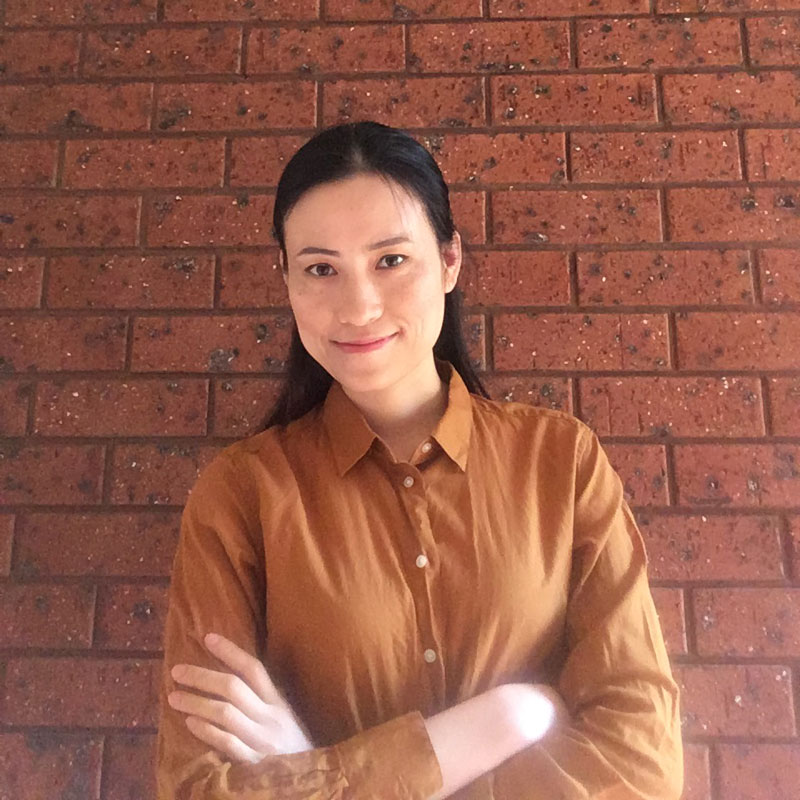
Thi Huyen (Emily) Nguyen – PhD Candidate
My love of science has pulled me strongly, away from family business and motivated me to pursue my master’s degree in Biotechnology and Bioinformatics at La Trobe University, Australia in 2014. From there, I undertook an internship at Olivia Newton-John Cancer Research Institute, which was an amazing hands-on experience in molecular and cellular biology. Now I am pursuing a PhD study at AQUEST, RMIT in Bundoora, focusing on the impacts of an emerging pesticide of concern on the ecological health of instream invertebrates. I have knowledge in and am highly competent in a range of techniques in molecular biology. I look forward to reinforcing this knowledge and expanding on it, discovering, using, and developing new ecotoxicological bioassays using molecular biology tools.
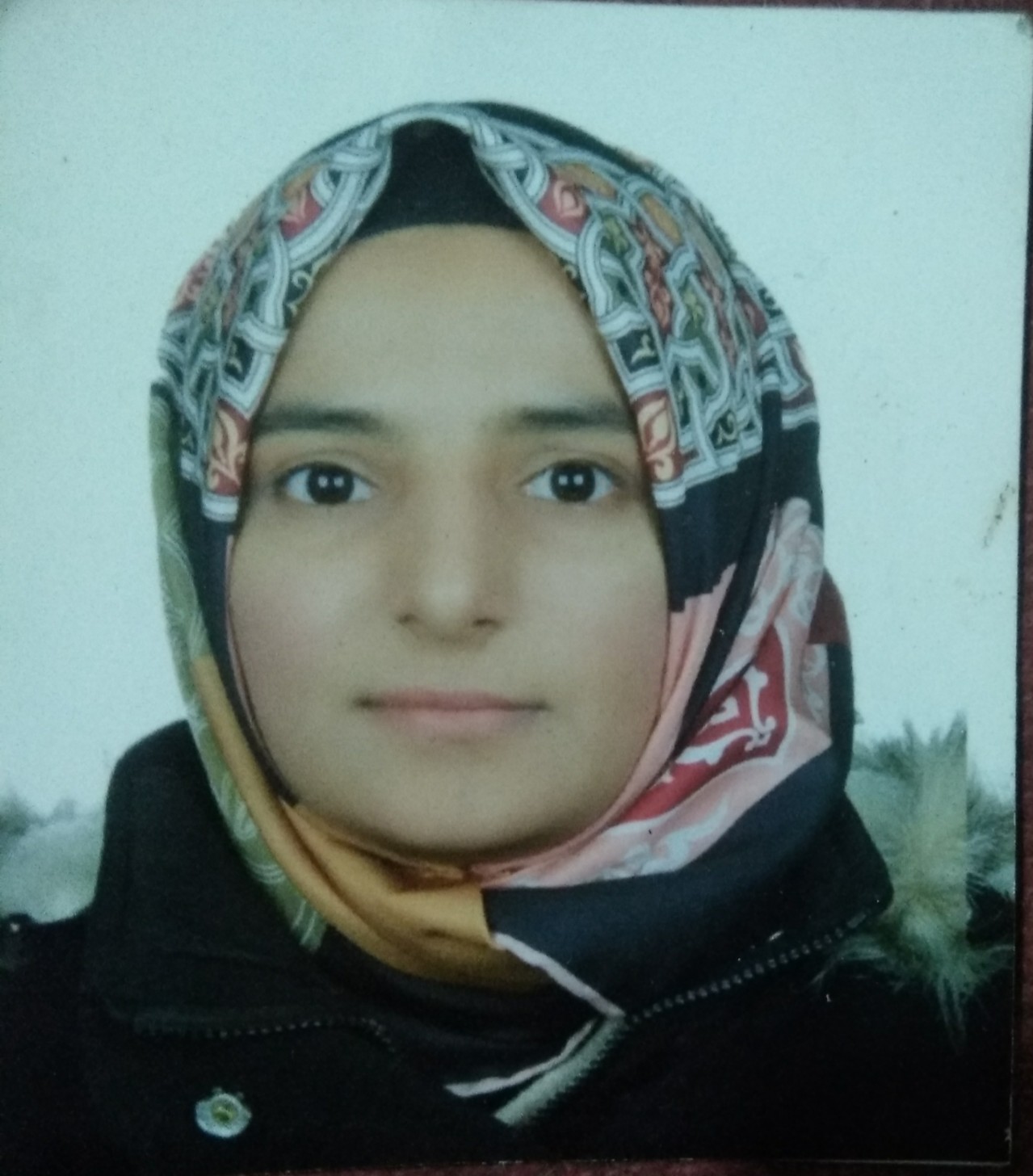
Tehmina Yaqoob - PhD Candidate
I completed a Master’s Degree by Research in Zoology, majoring in wildlife and fisheries from the University of Veterinary and Animal Sciences (UVAS), Pakistan, in 2018. This included being part of their student exchange program: Mevlana Exchange Programme at Atatürk University, Turkey, where, as well as course work, I undertook my masters research project on “Dietary supplementation of poly-β-hydroxybutyrate on the growth, digestive enzymes activity, body composition of Rainbow Trout.”
I then travelled to China and gained further research experience in fisheries at Huazhong Agriculture University (HZAU), China.
Having been caught up with pandemic travel restrictions, I was happy to be able to commence my PhD studies at RMIT with the Aquatic Environmental Stress Research Group (AQUEST) in Jan 2022. My project focuses on the development of toxicity tests for early life stage fish and is an industrial based project, funded by Melbourne Water through the A3P partnership.
My key research interests are in fisheries and aquatic ecotoxicology and when I’m not studying, I enjoy music, watching movies and shopping.
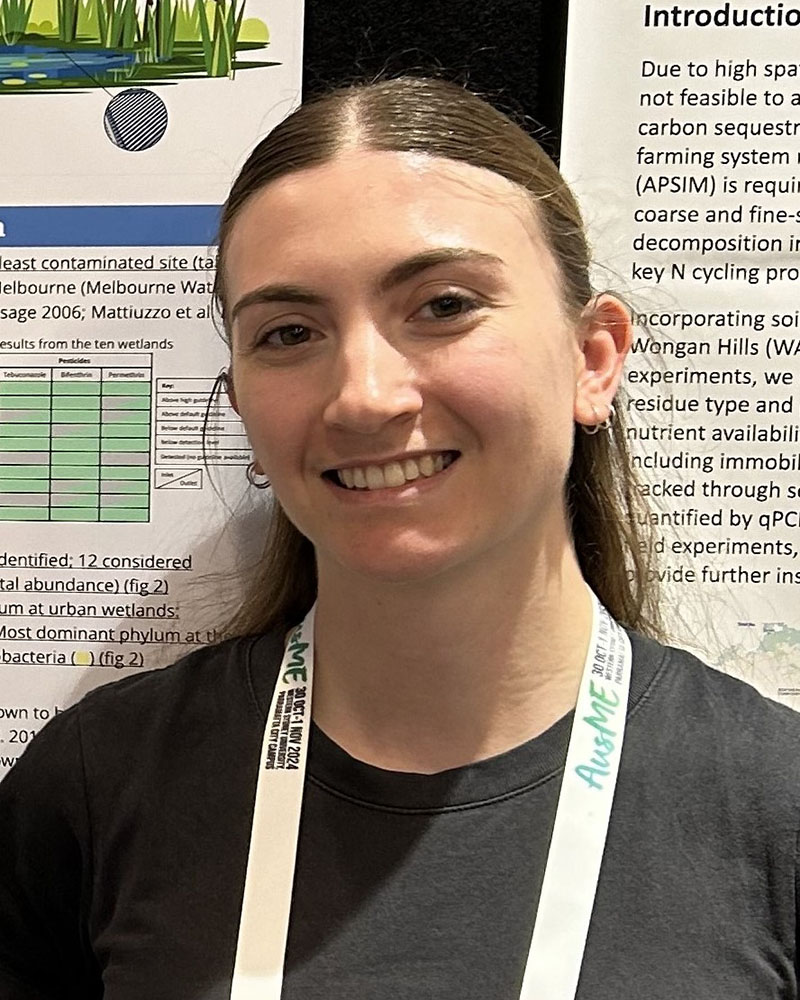
Anna Flynn - PhD Candidate
I am a PhD candidate with the AQUEST group looking at eDNA approaches to study pollution impacts on microbial communities in freshwater systems, under the supervision of Dr. Sara Long, Prof. Vincent Pettigrove, Prof. Mark Osborn, and Assoc. Prof. Jeff Shimeta.
I recently graduated from RMIT with a Bachelor of Environmental Science in 2020 and a BSc (Honours) (Biology) in 2021. I enjoy being in the lab and undertaking field work. During my undergraduate degree I participated in global opportunities including a coral reef survey project at the Lizard Island Research Centre on the Great Barrier Reef and a constructed wetlands for wastewater treatment sustainability project in Fiji.
My key interests include environmental sustainability, conservation, and marine & freshwater biology.
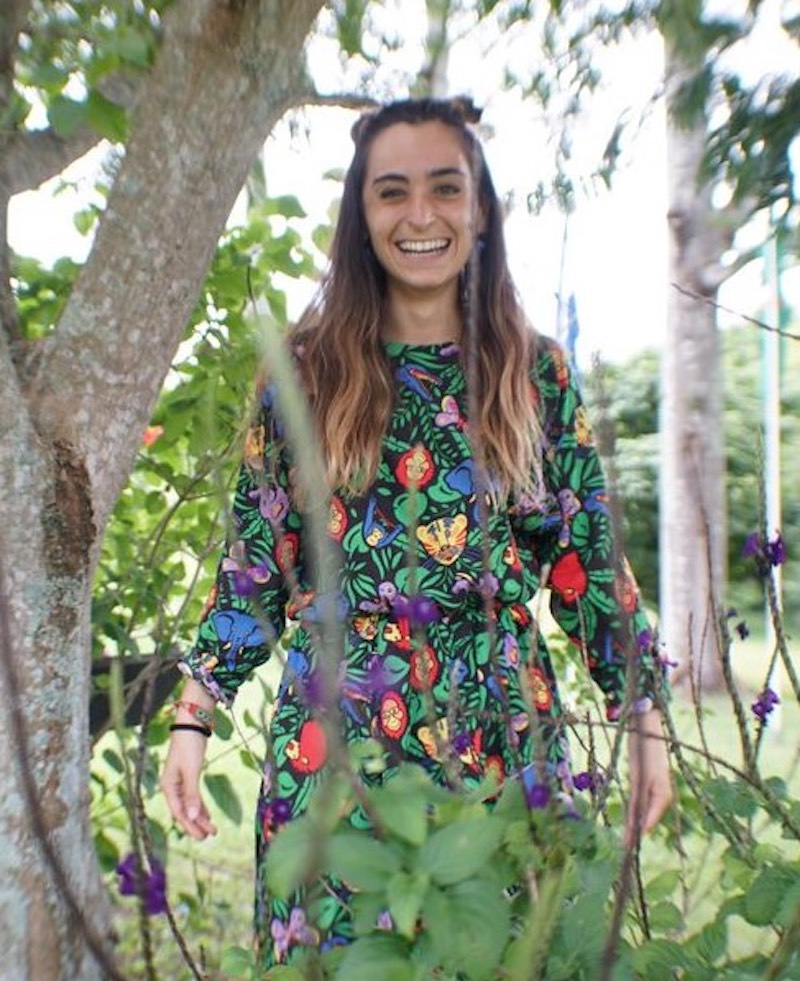
Caterina Cacciatori - PhD Candidate
My name is Caterina. I was trained as an Environmental Engineer and researcher in water treatment at the University of Tokyo, after which, I went on to study a Master at the University for Peace in Costa Rica. There, I focused on the complex relationship between sustainable development, natural resources, and peace. My scientific and social science backgrounds made me understand the importance of interdisciplinarity to understand and manage our waters. Currently, I am employed as a scientific project officer in the Water and Marine Resources unit at the Joint Research Centre of the European Commission, in Ispra, Italy, where I support the citizens’ engagement project “The gems of water”, which links citizens to water quality monitoring and detection of organic contaminants. Full of energy and motivation, I have recently decided to parallelly embark on a PhD at RMIT AQUEST, where I will research pesticide contamination in surface waters and the linkages with context related factors, such as pesticide application practices, presence of regulations and guidelines, climatic conditions, and crop types. When some energy from working and studying is left, I make sure I spend it running in the woods and dancing. I have a real crush on trees! I am a quite curious and creative person, I like to spend my time looking at and doing art, as well as writing short stories and poems. I am excited at the possibility of using storytelling to share scientific knowledge on water!
For more about my project please see here and I have created this volunteer manual - How to become a gem of water
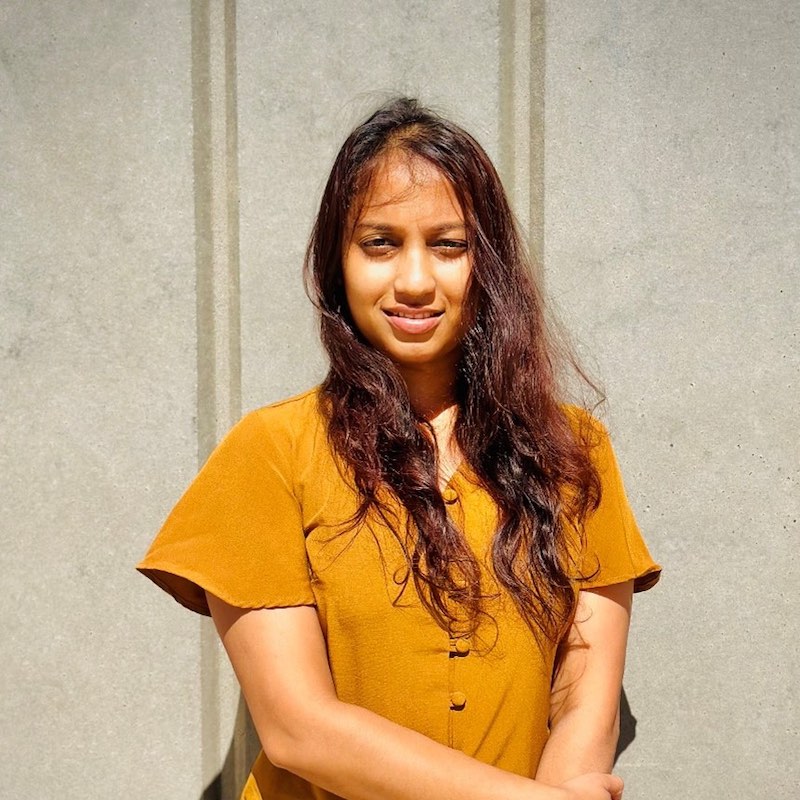
Anuradha Athawuda- PhD Candidate
With an enormous passion towards the aquatic environment, I have joined the AQUEST team as a PhD candidate under the project “Sources and Fate of microplastics in Westernport catchments” under a scholarship from RMIT and Melbourne Water.
I have pursued my BSc special degree in Aquatic Resources Technology from Uva Wellassa University of Sri Lanka in 2018 and a MSc in GIS and Remote Sensing from Postgraduate Institute of Science, University of Peradeniya in 2020. I obtained an internship at the National Aquatic Resources Research and Development Agency Sri Lanka (NARA) and was able to contribute to a project on microplastic pollution in marine surface waters, which was a collaboration with Uva Wellassa University, and I have published this work in several international research symposia and research journals. Moreover, I have worked at the Central Environmental Authority Sri Lanka, and carried out various environment impact assessment programs and river protection projects. My research interest mainly focused on microplastics in aquatic environments and their impact on aquatic biota.
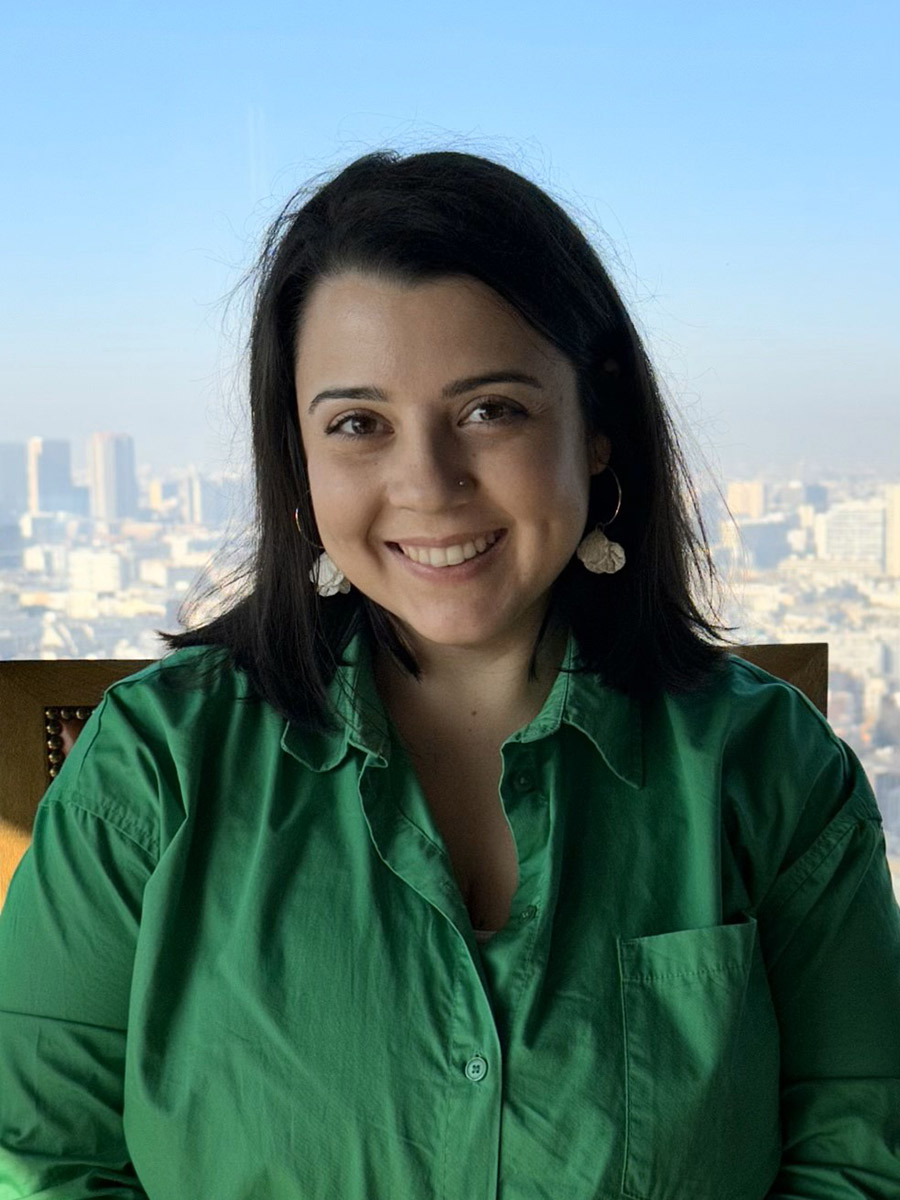
Adele Romagnano - PhD Candidate
I am a PhD candidate within the AQUEST team investigating the effect of emerging contaminants on the platypus, under the supervision of Dr. Claudette Kellar, Prof. Vincent Pettigrove and Dr Melody Serena. I am a recipient of the Holsworth Wildlife Research Endowment.
I have a background in Psychology, completing my Bachelor of Applied Science (Psychology) at RMIT in 2015. I then completed a Bachelor of Criminology and Psychology again at RMIT, before completing my Honours in Psychology in 2018 (First Class). After Honours, I redirected my career focus on a lifelong passion of mine in environmental science, commencing a Bachelor of Environmental Science at RMIT, and graduating in 2022.
I was drawn to the study of ecology as I am interested in the conservation of biodiversity within freshwater streams and am passionate about understanding the effects of urbanisation and climate change on aquatic organisms and ecosystems. I am also very interested in the study of macroinvertebrates, including the sampling and identification of species, which can help understand the effects of bioaccumulation within macroinvertebrate communities. My goal is to contribute to the conservation and management of freshwater ecosystems across Victoria and improve outcomes for the Australian native species, the platypus.
- To hear me talk about my project, view my 3-minute thesis 3MT presentation here, where I placed Runner-up in the 2024 RMIT School of Science competition.
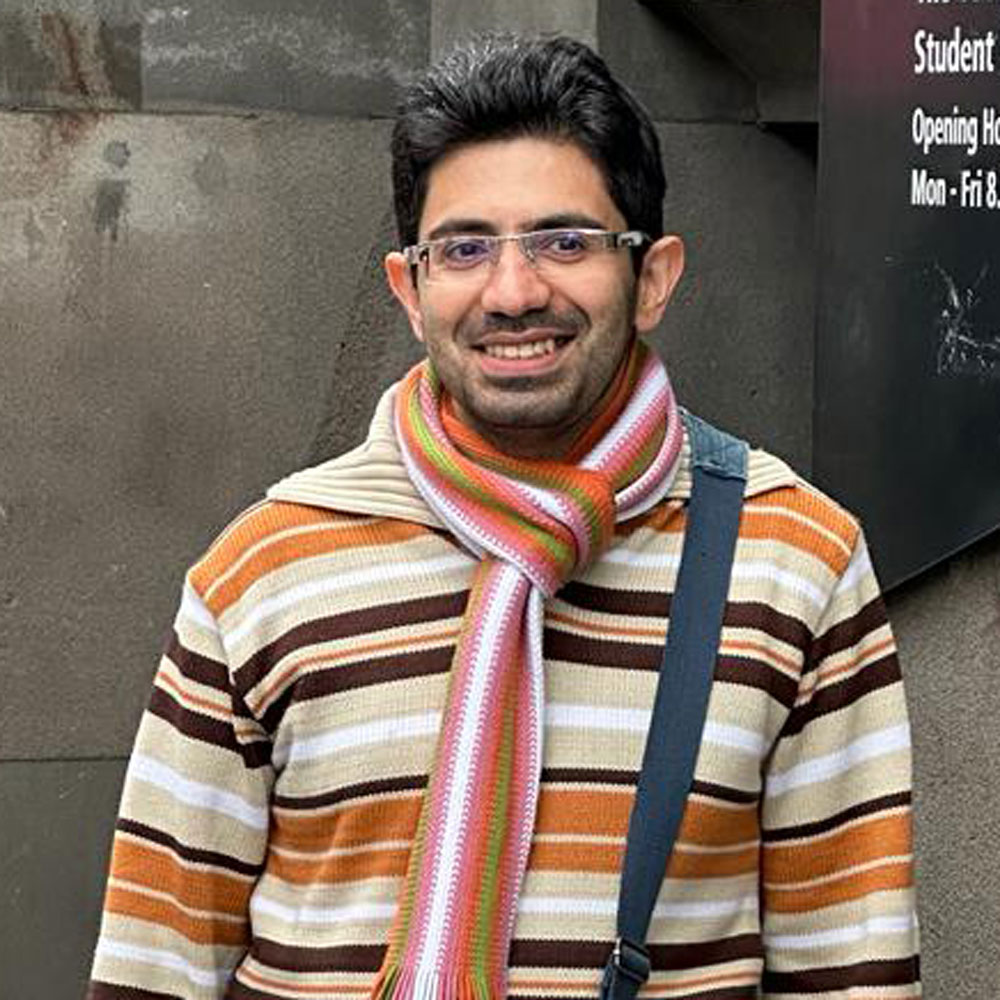
Behzad Pournouri – PhD Candidate
I graduated with my bachelor’s degree from Kurdistan University specializing in Fisheries. My final project was on how a widely used insecticide in Iran effects Oncorhynchus mykiss (rainbow trout) which was used as a model to determine physiological responses (like hematology). This sparked my interest in knowing how different pollutants affect living organisms, especially aquatic animals.
I participated in the master national entrance exam and was accepted at Isfahan University of Technology (IUT) in Iran to pursue my interest in ecotoxicology, also having the opportunity to travel abroad to the Czech Republic, to learn a most useful experimental method (evaluating oxidative stress) at Bohemia University.
After returning from overseas, I was keen on pursuing my PhD education in Australia. I began my PhD in July 2023, and my research topic is to understand the impacts of climate change and pollutants on freshwater macroinvertebrates, under the supervision of Dr Sara Long, Professor Vincent Pettigrove and Dr Claudette Kellar.
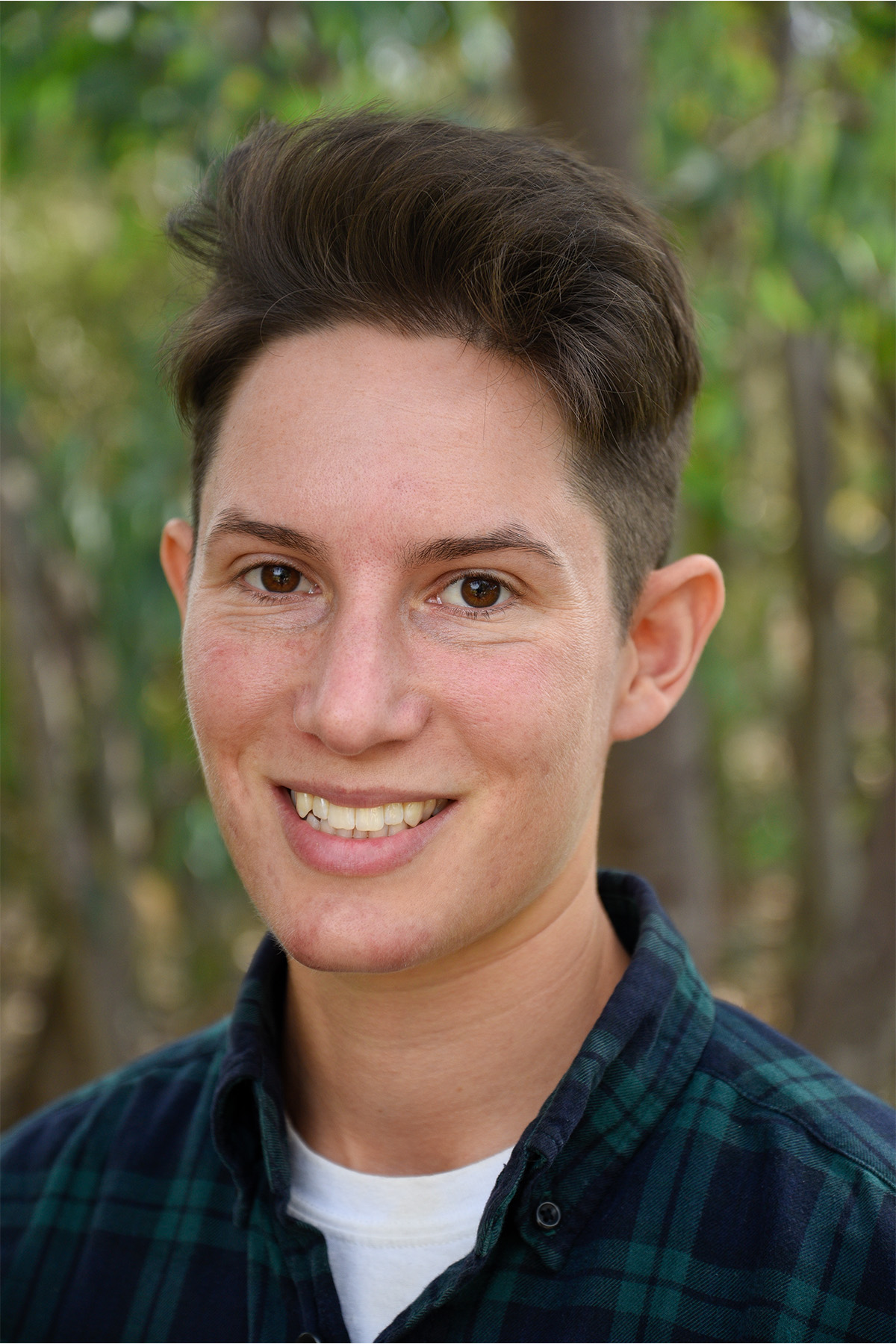
Ms Gina Mondschein - PhD candidate
I am a PhD Candidate with the AQUEST group and RMIT. My project is investigating the sublethal effects of chronic exposure to pollution on native shrimp (Atyidae) under the supervision of Dr. Kathryn Hassell and Prof. Vincent Pettigrove.
I completed my Masters of Science at the University of Melbourne and CAPIM in 2015. Since then, I have worked on various projects across the University of Melbourne and RMIT with a strong focus on aquatic entomology and ecology. I have six years of experience providing technical support for the AQUEST group, working primarily on long term biomonitoring programmes. In addition to highly developed taxonomy skills, I have extensive field, report writing and demonstrating experience.
My current research interests include understanding how exposure to environmental levels of pollution affects aquatic ecosystems. I aim to identify how long term exposure to low levels of pollutants can affect key biological processes and fitness and result in bioaccumulation and trophic transfer of pollutants through aquatic ecosystems.
Associates
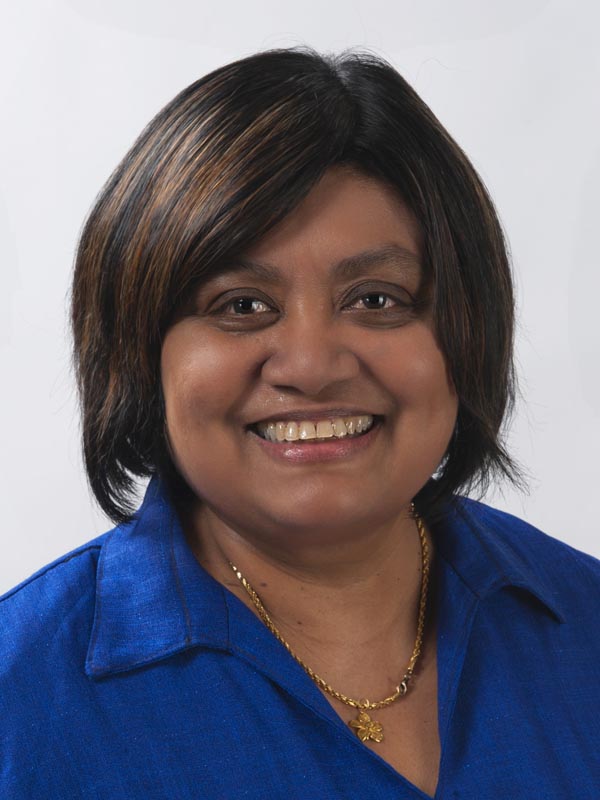
Professor Dayanthi Nugegoda - Leading Ecotoxicologist
I have led the Ecotoxicology Research Group at RMIT University since 2004. And was also a research leader for the Centre for Aquatic Pollution Identification and Management (CAPIM) based at the University of Melbourne (2010-2015). My group has developed novel methods to assess, monitor and evaluate the effect of toxicants and other environmental stressors on aquatic organisms, and ecosystems and received international recognition. These include research on trace metals, pesticides, endocrine disrupting chemicals and cyanobacterial toxins; effects of salinity on freshwater systems, and ocean acidification on biota from rotifers to seabirds. In 2018, in partnership with Vincent Pettigrove, I set up the Aquatic Prevention Pollution Partnership funded by Melbourne Waterat RMIT, which is incorporated into the Aquatic Environmental Stress (AQUEST) Research group. From 2011- 2013, I was elected President of the Society for Environmental Toxicology and Chemistry (SETAC) Australasia. I have contributed expert opinion on many government panels including the environmental impacts of Coal Seam Gas and Large Coal Mining , on pesticides to the Forest Stewardship Council (FSC) of Australia, on ecotoxicology to The New South Wales Environment Trust; The Research Councils of Hongkong, South Africa, Norway, France and the Netherlands; The OECD Validation Management Group for Ecotoxicity Tests (VMG-eco); The SETAC Global Bioaccumulation Advisory Group and Animal Alternatives Advisory Group and to the Australian Shipowners Association. In 2015 I served on the Scientific Reference Panel for Onshore Natural Gas and Water for the State of Victoria, and was re-appointed to the Science Panel for the Victorian Coastal Council. In 2017 I was invited by the Lead Scientist of Victoria to join the Scientific Reference Group for Onshore Conventional Gas until 2020 I have graduated >21 PhD and 5 Masters by research candidates, and generated internationally acclaimed research outputs as author or co-author since 1987; with more than 150 papers, 3 books and 3 book chapters published.
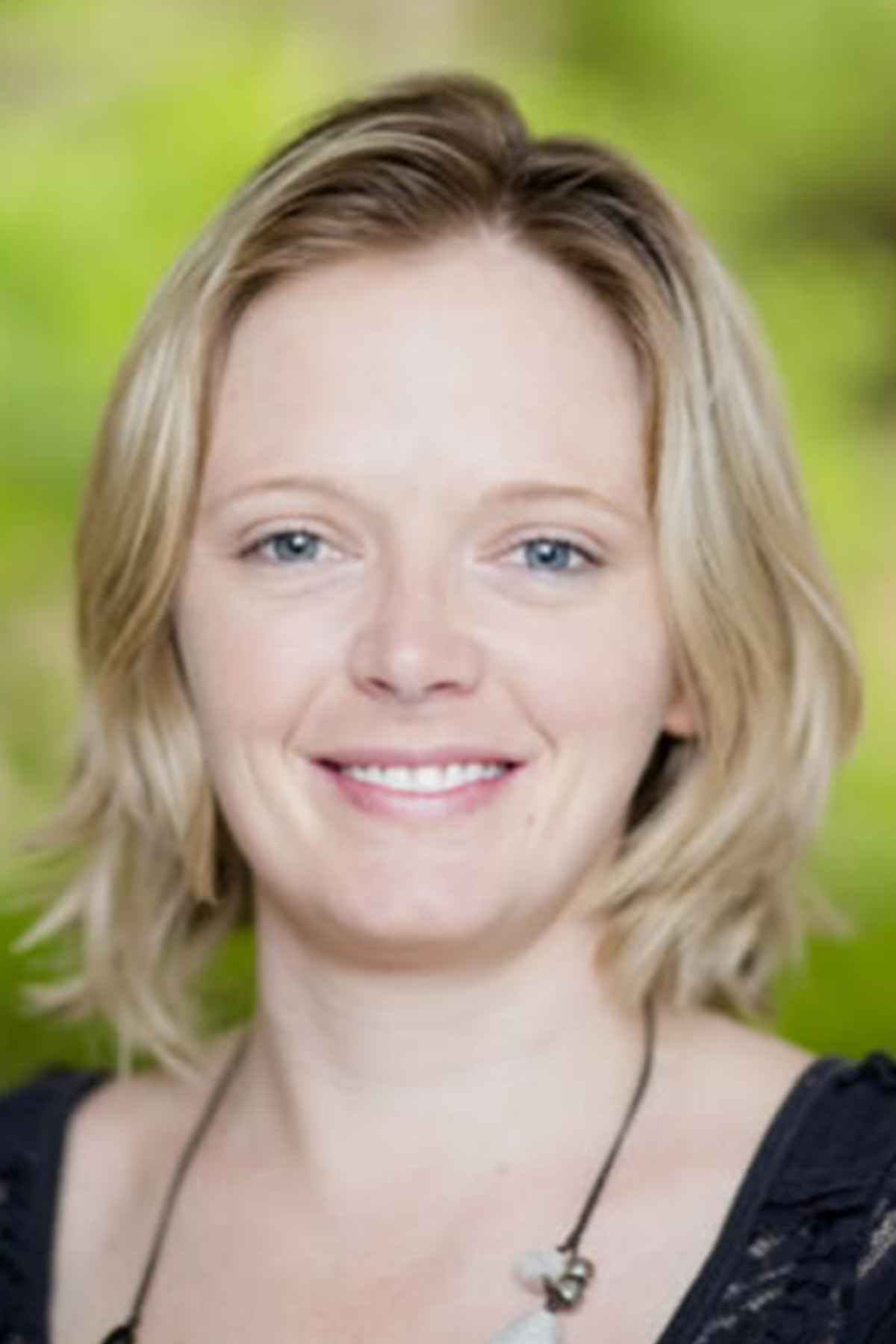
Dr Kathryn Hassell - Lecturer/Research Associate
I completed my undergraduate degree in biology and an honours project in crustacean aquaculture at RMIT University, for the award of B.App.Sci.(Hons) in 2003. I received my PhD in fish biology in 2009 from RMIT University and worked as a research fellow at the University of Melbourne from 2009-2018. I have completed research exchanges at Brunel University (London, UK) and Nagasaki University (Japan), and my research is focused on understanding the impacts of environmental pollutants on bioaccumulation and the sub-lethal and long-term effects of environmental stressors and pollutants on fish reproduction and early development. Current research projects aim to identify pollution sources and describe the impacts on biota from freshwater rivers and wetlands, estuaries and marine ecosystems. This includes extensive water and sediment monitoring of micropollutants and emerging contaminants associated with stormwater, sewage and recycled water.
I'm based on the RMIT City Campus in the Applied Chemistry and Environmental Science (ACES) group as a lecturer and maintain a research connection with AQUEST.
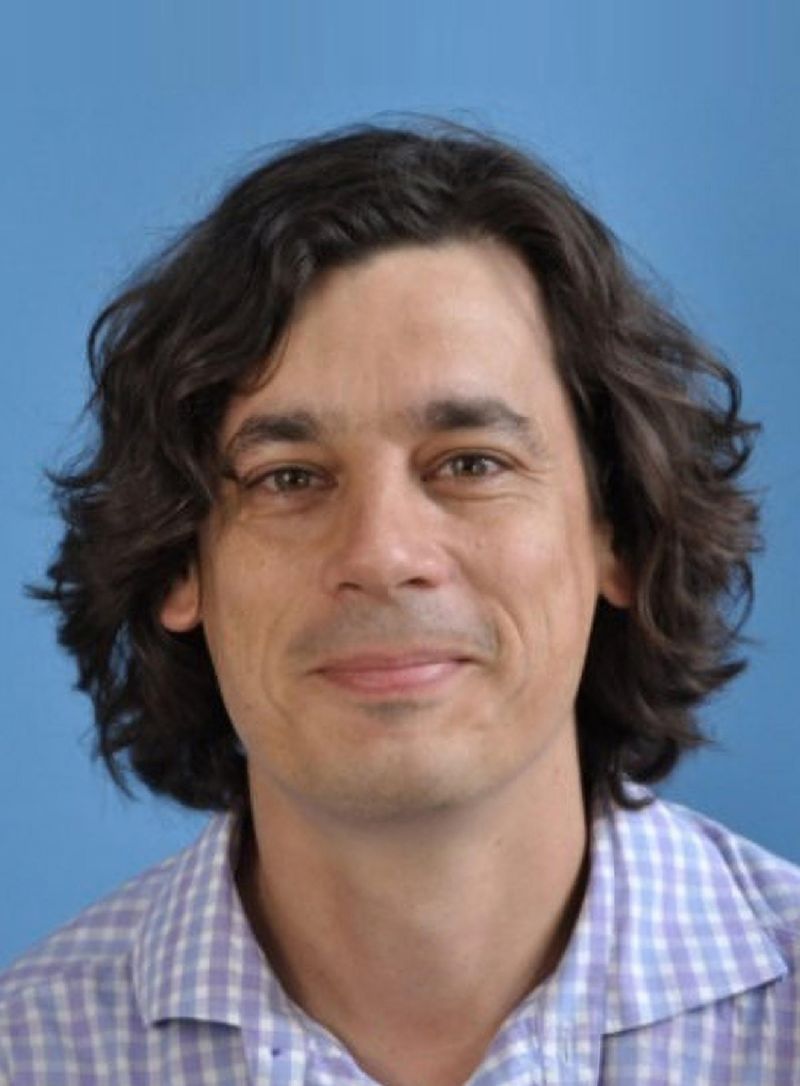
Dr Rhys Coleman – Joint Research Lead for A3P
I've worked at Melbourne Water for 28 years, including 15 years in my current role as the manager of waterways and wetlands research. My previous roles at Melbourne Water involved strategic waterway management planning, as well as waterway health monitoring and investigations. During this time, in addition to completing a part-time PhD at the University of Melbourne and a part-time Master of Science at Monash University in freshwater ecology, I also participated in several collaborative research projects as an industry partner with various universities and government agencies. I am the joint research lead (with Prof Vin Pettigrove) for the Aquatic Pollution Prevention Partnership (A3P) and chair of the A3P Research Management Committee.
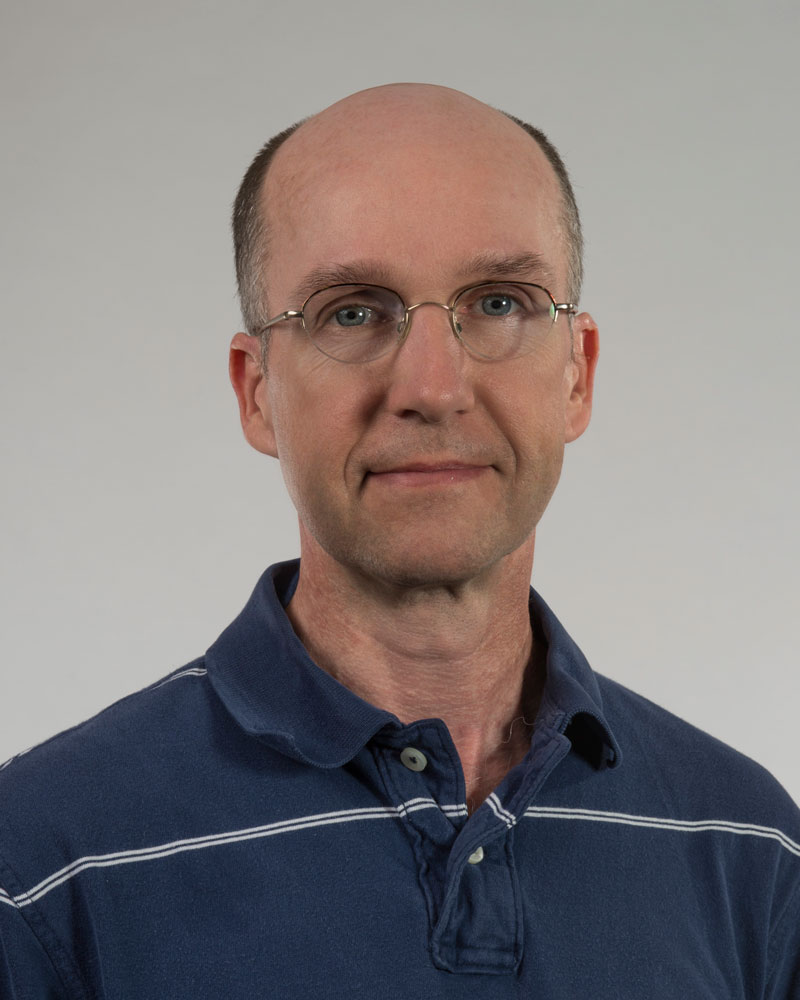
Professor Jeff Shimeta – Biosciences
I am a marine ecologist, working in several areas of aquatic pollution and conservation relevant to freshwater as well as marine environments. I come from a background in biological oceanography, with positions in the US at the Woods Hole Oceanographic Institution, UC Berkeley, and Franklin & Marshall College, followed by Melbourne University before settling at RMIT in 2008. My recent main research areas have been in invertebrate larval settlement processes, development of biofouling communities, design of novel antifouling technologies, impacts of herbicide use in saltmarsh ecosystems, eDNA studies of dinoflagellate plankton in Australian waters, and impacts of microplastics on aquatic invertebrates. I am currently working on an AQUEST project using eDNA approaches to investigate impacts of pollutants on microbial communities in freshwater sediments.
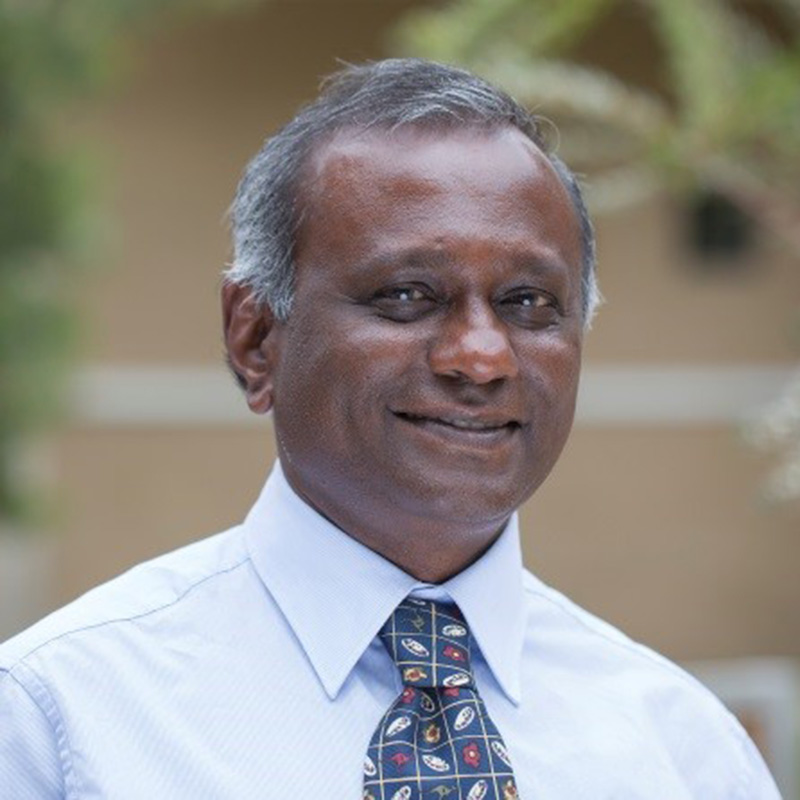
Professor Veeriah Jegatheesan (Jega) - Environmental Engineering
Veeriah Jegatheesan (Jega) is a Professor of Environmental Engineering and the former Director of Water: Effective Technologies and Tools (WETT) Research Centre at RMIT University, Melbourne, Australia.
Jega is the founder and Chairman of the international conference series on Challenges in Environmental Science & Engineering (CESE) held annually since 2008. Jega has conducted extensive research on the application of membrane bioreactors, sugar cane juice clarification, sea water desalination and the treatment of mine tailing ponds.
He has over 500 publications including 195 peer-reviewed journal articles and thirteen edited books. Jega is also the managing guest editor of 57 special issues in peer-reviewed journals. In 2019, Stormwater Industry Association (Australia) has appointed him as one of the Governance Panel members for the Australian Stormwater Quality Improvement Device Evaluation Protocol (SQIDEP) and currently he is Chairman of the governance panel.
Jega is the editor-in-chief of a book series entitled Applied Environmental Science and Engineering (AESE) for a Sustainable Future published by Springer and has been instrumental for publishing 14 books since 2015. Jega has been appointed as the Editor-in-Chief of Environmental Quality Management journal (Wiley Publisher) from Jan. 2020.
Jega is working with AQUEST on projects into for WaterRA.
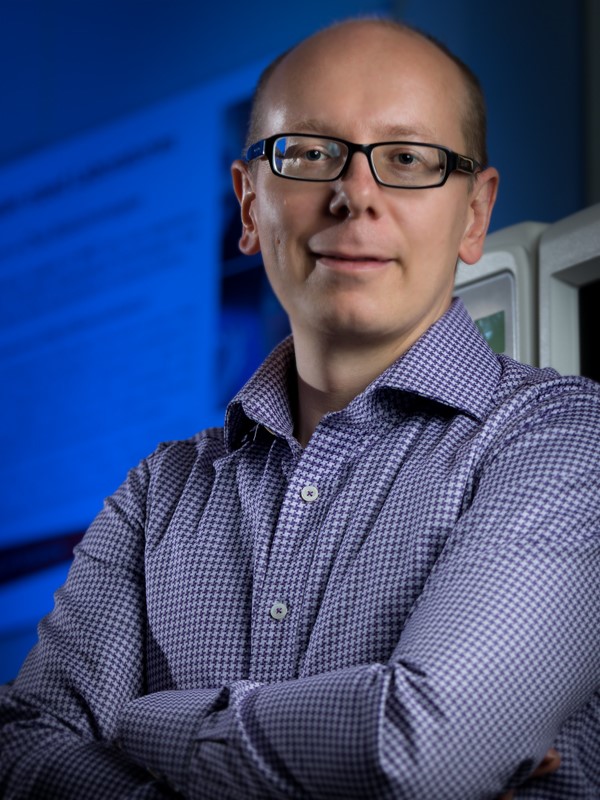
Professor Donald Wlodkowic – Biosciences
Professor Donald Wlodkowic is a head of the Neurotox Laboratory at the School of Science (Biosciences), RMIT University. His laboratory is a $1M state-of-the-art flagship research facility with a portfolio of innovative interdisciplinary projects in eco-neurotoxicity testing and analysis of aquatic animal behaviour.
Donald is one of Australia's eminent experts in experimental behavioural ecotoxicology and eco-neurotoxicology with interests spanning effects of industrial pollutants, neurotoxins and neuro-modulating drugs on central nervous systems. His current research activities encompass multidisciplinary projects in aquatic and behavioural ecotoxicology, neurotoxicology and real-time, early-warning biomonitoring systems.
Donald has also an outstanding international reputation as an innovator in biomicrofluidic technologies for research on small aquatic model organisms, and digital methods to analyse aquatic animal behaviour. He has pioneered a multitude of innovative technologies and laboratory techniques for toxicology research as well as state-of-the-art innovations in digital video-based technologies for high-throughput analysis of aquatic animal behaviour.
He has extensive international experience in building and leading academic and industry projects with an outstanding track record of leading strategic initiatives in both research and learning and teaching. His strong leadership skills and result orientated strategy making is combined with demonstrated success in building successful and motivated research teams in Australia, New Zealand and Europe.
He is currently co-supervising a PhD student with Prof Vin Pettigrove.
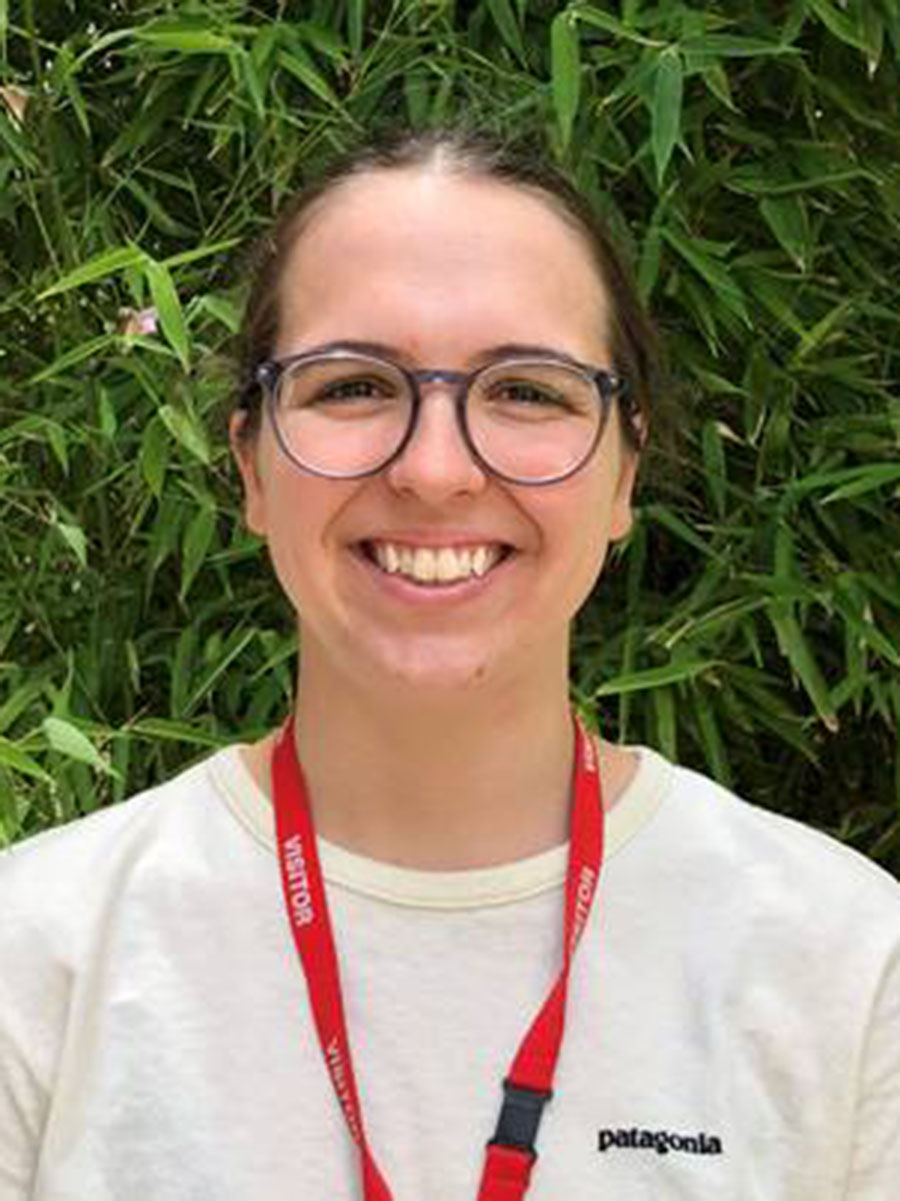
Hannah Faraone – PhD Candidate
I am a PhD Candidate with Federation University, commencing in 2024 in collaboration with RMIT University and the Department of Energy, Environment, and Climate Action (DEECA). My research will explore the relationship between anthropogenic litter and birdlife in the Greater Melbourne region, using field and desktop-based investigations. I previously completed a Bachelor of Science and Honours degree with RMIT University in 2022 and a Graduate Certificate in Environment with the University of Melbourne in 2023. Both PhD and Honours projects are with the AQUEST research group at RMIT University.
- View my 1 minute Visualise Your Thesis entry where I placed Runner Up in the 2024 Federation University competition.
- Get involved in the Citizen Science Project


